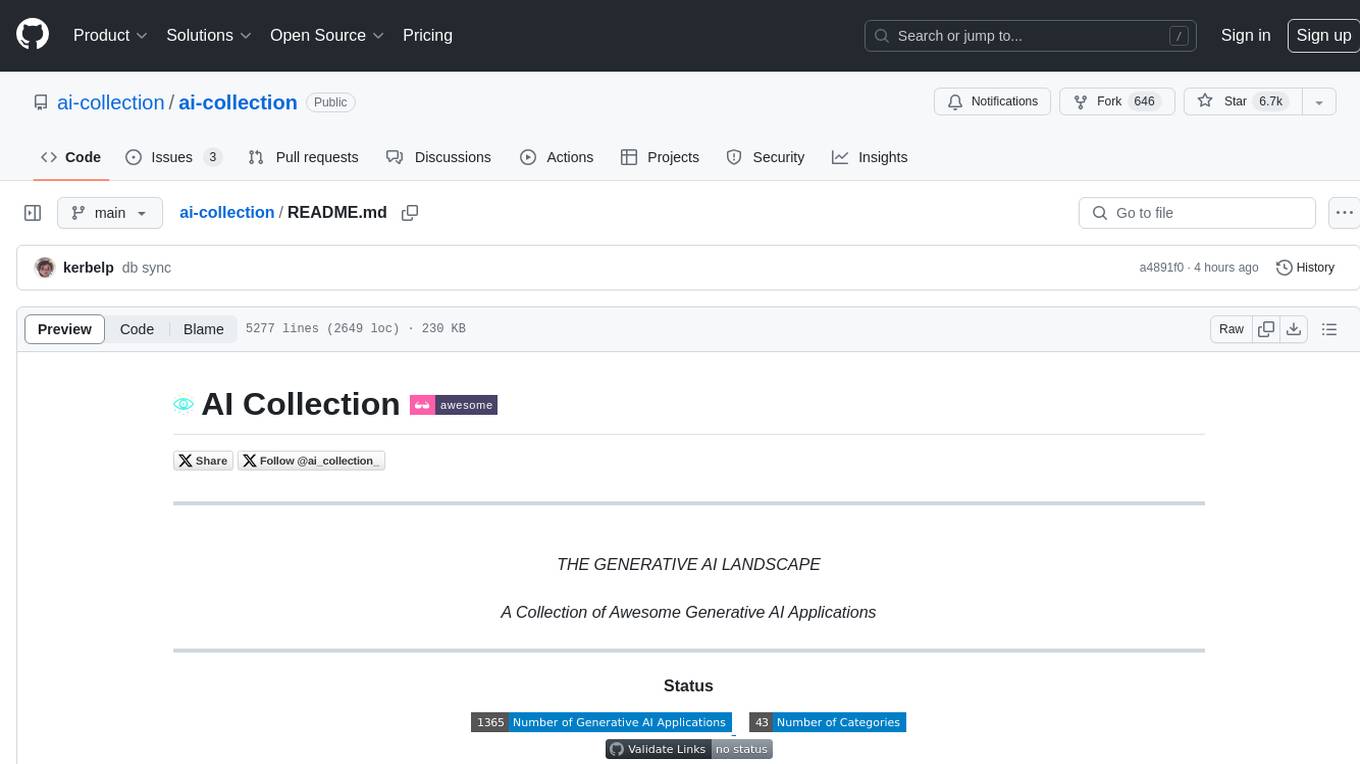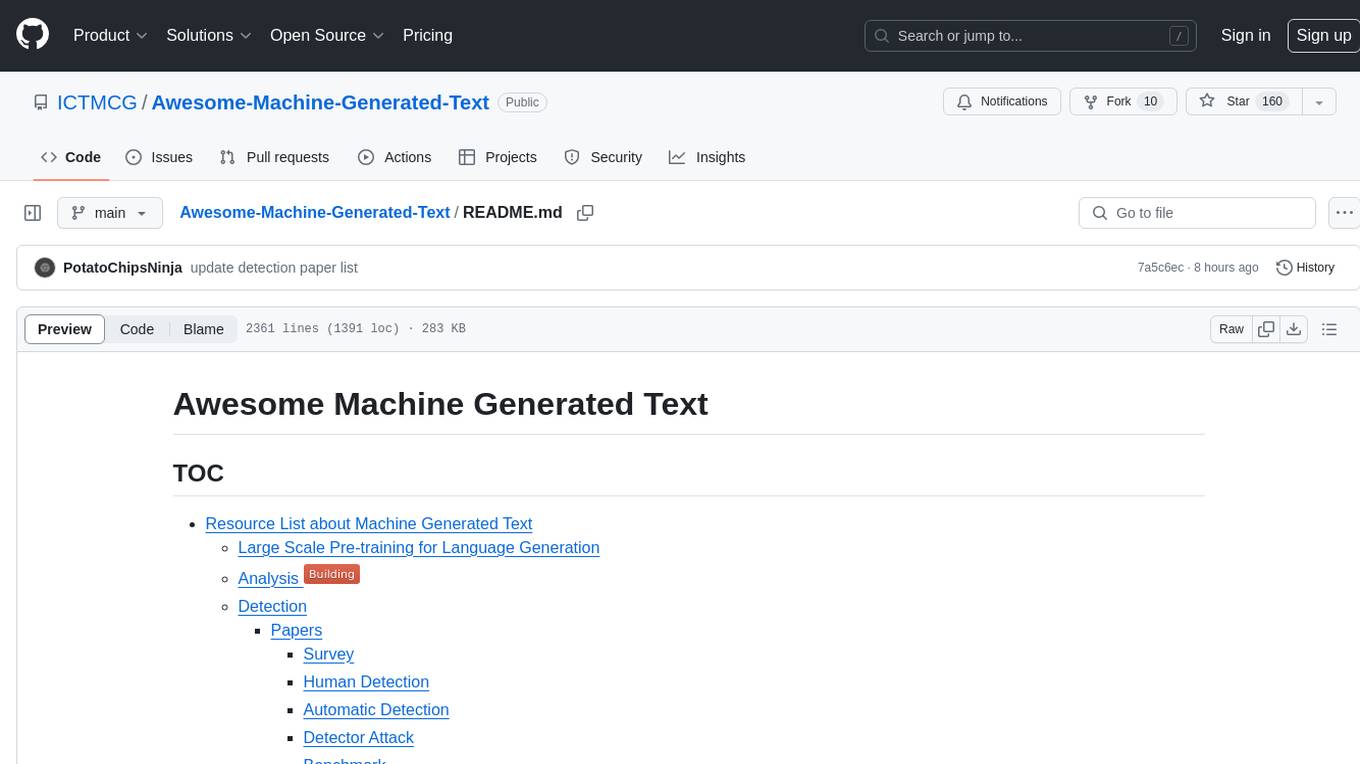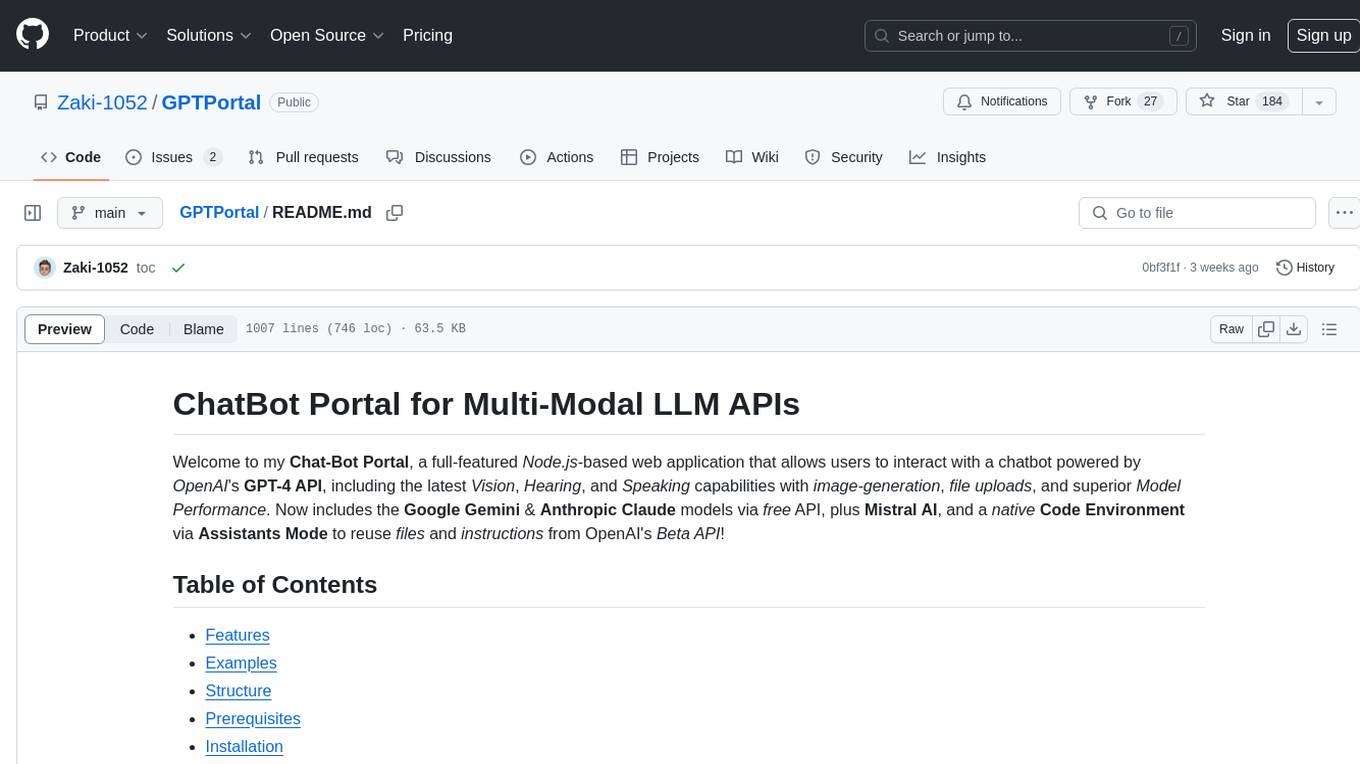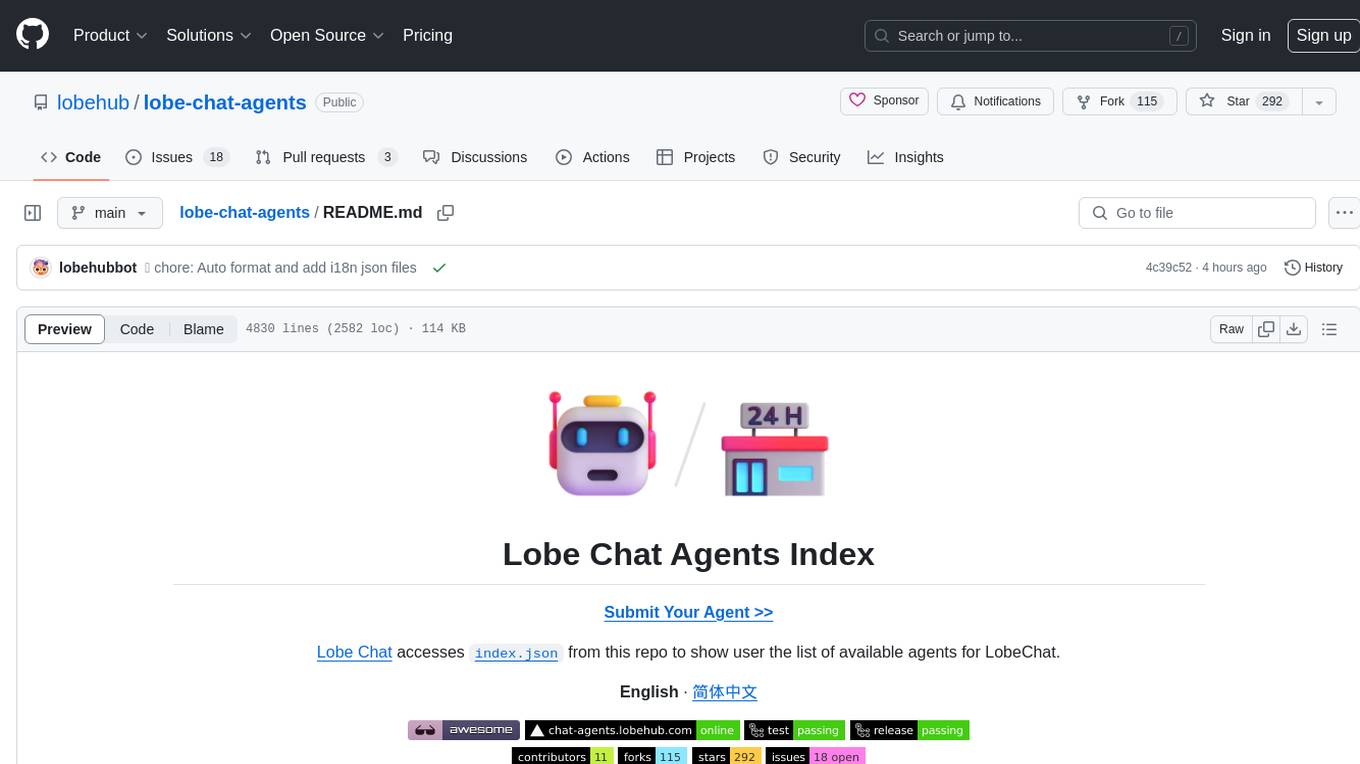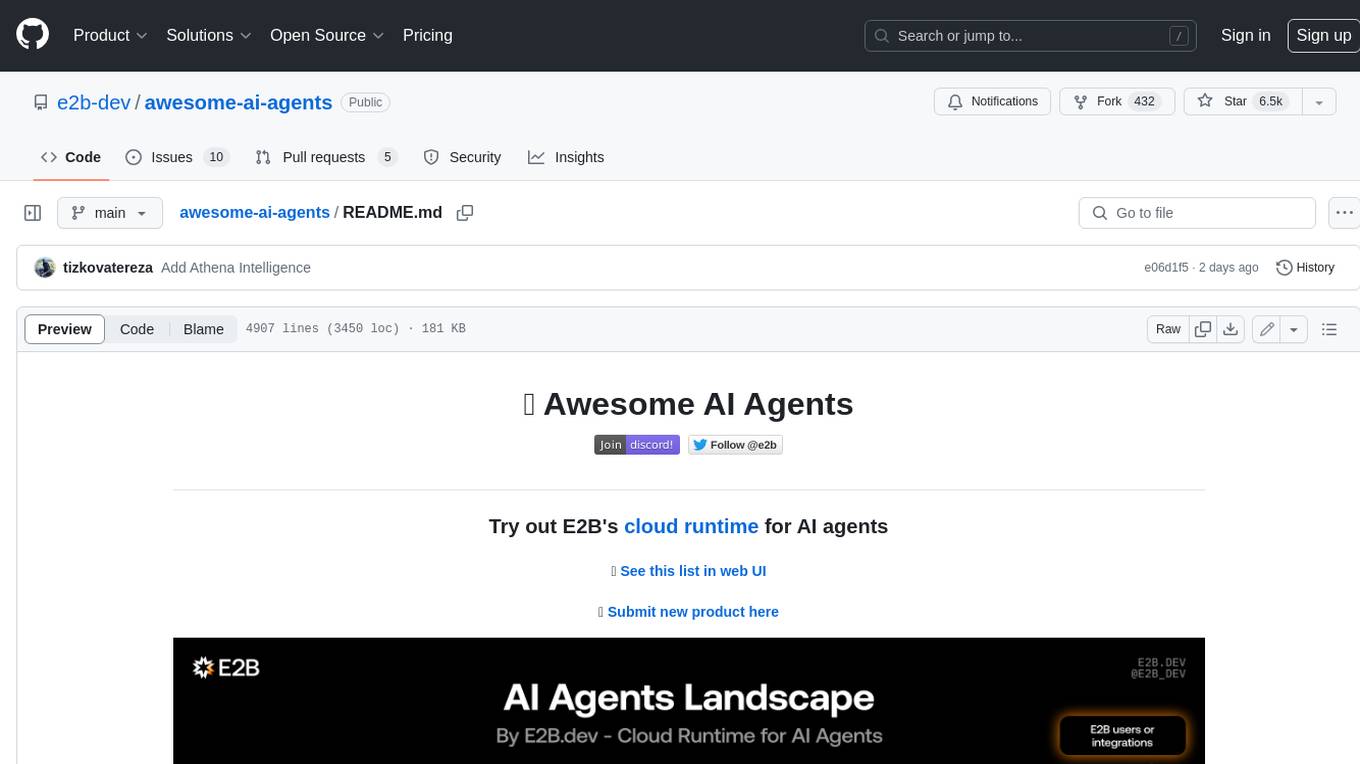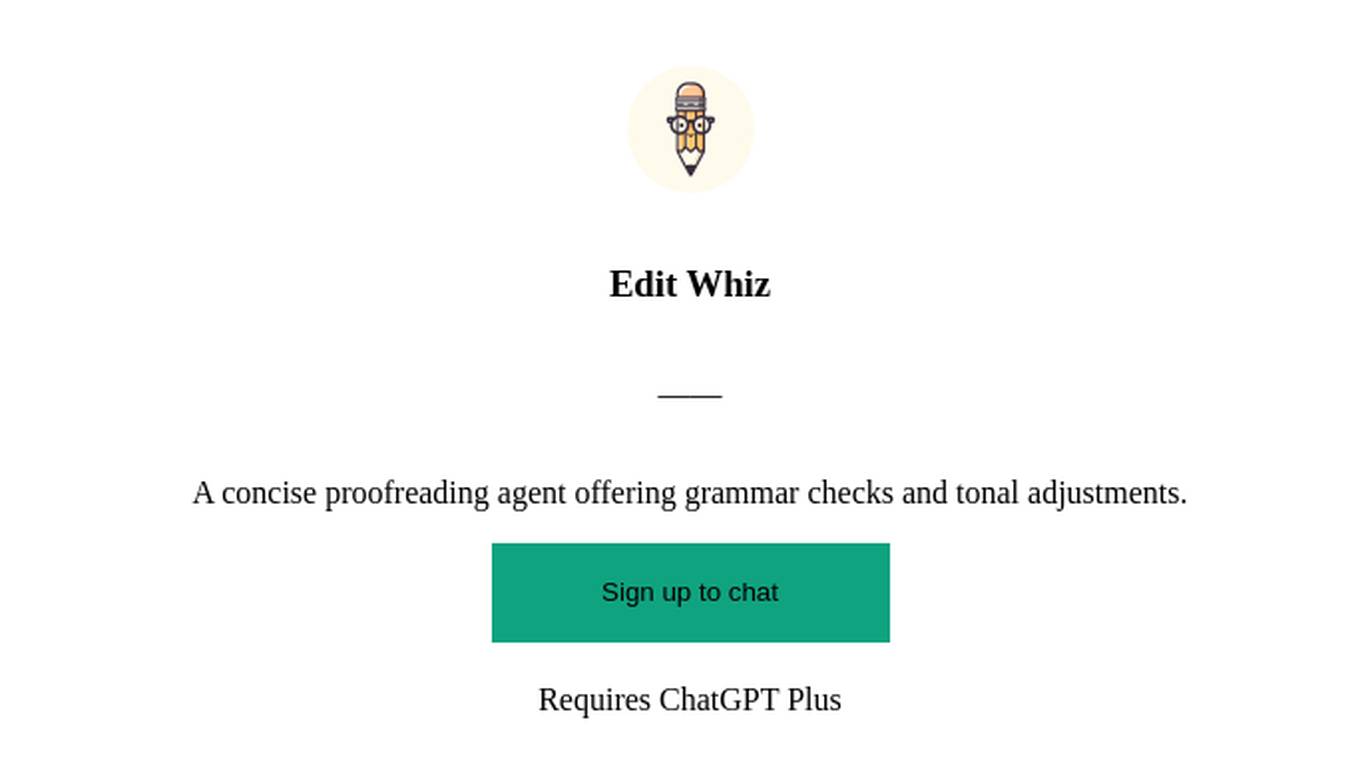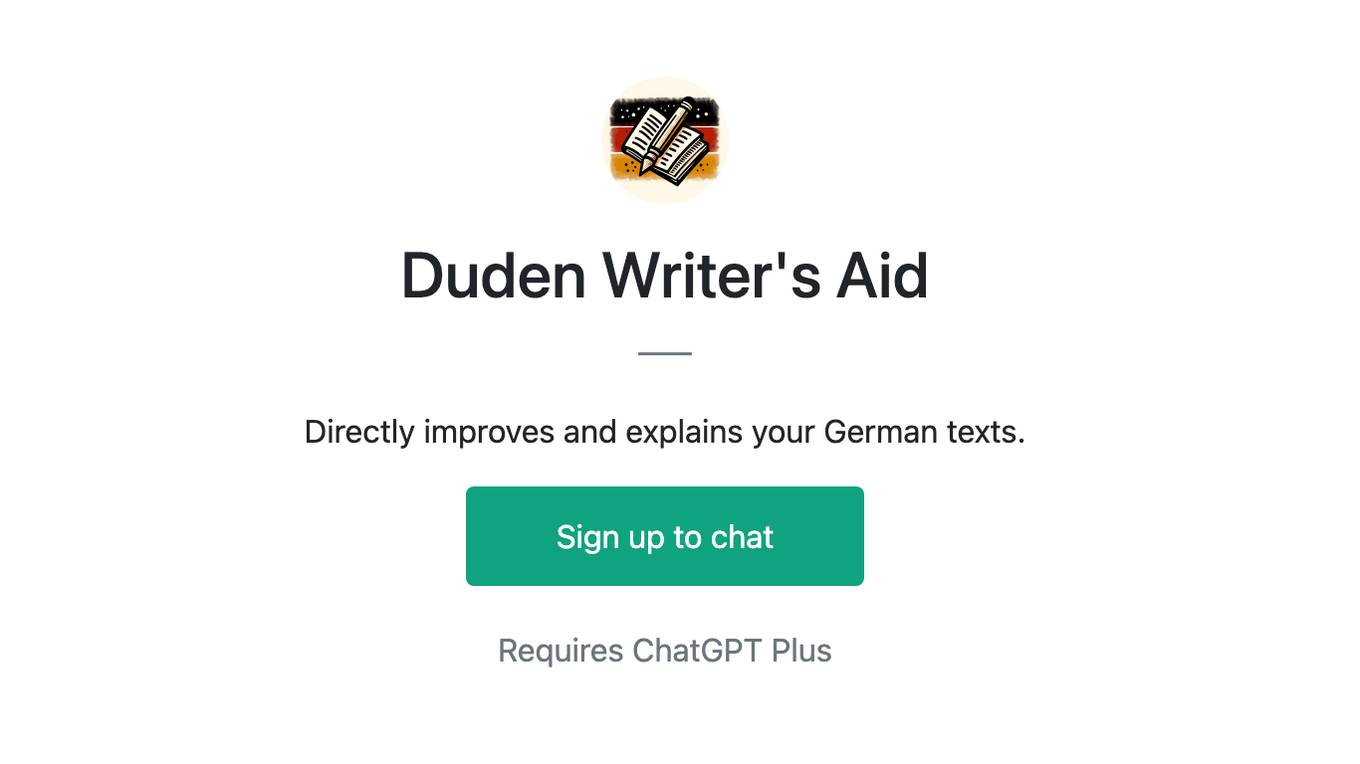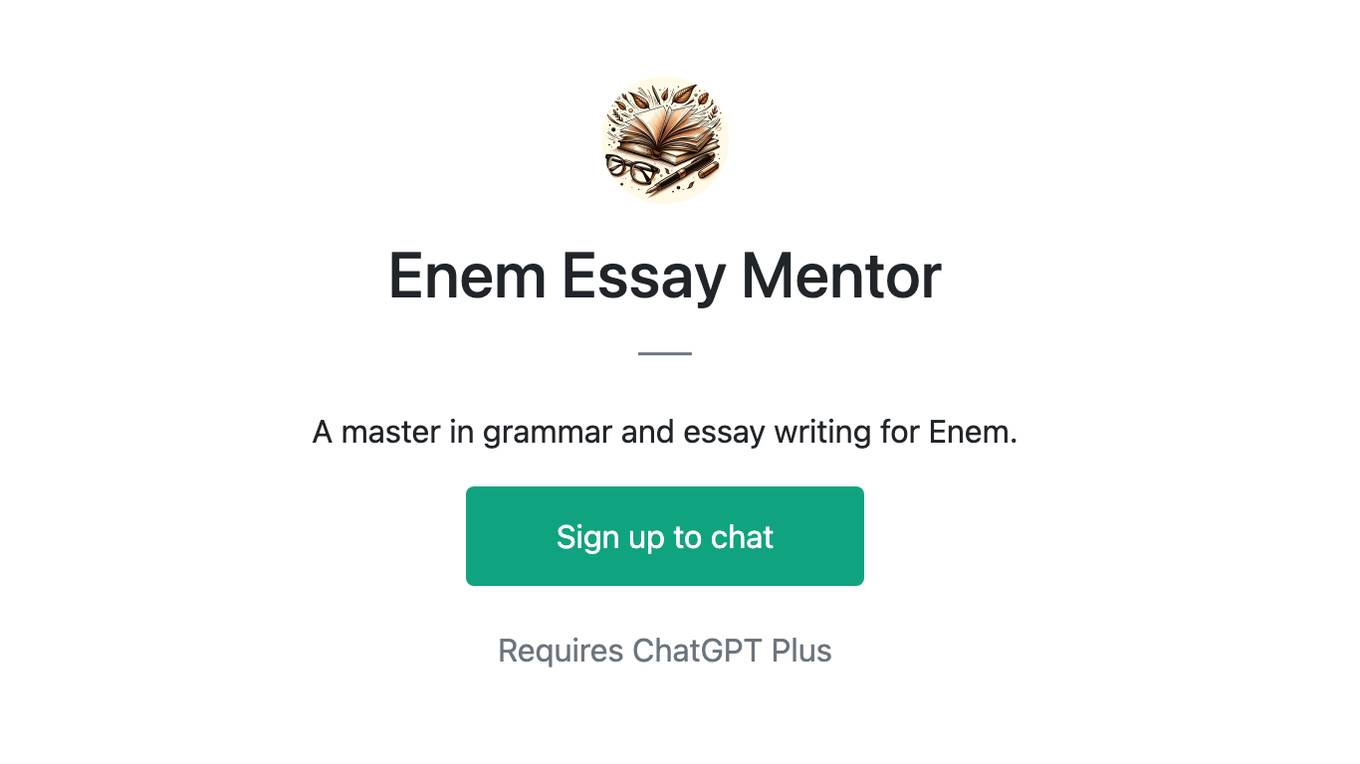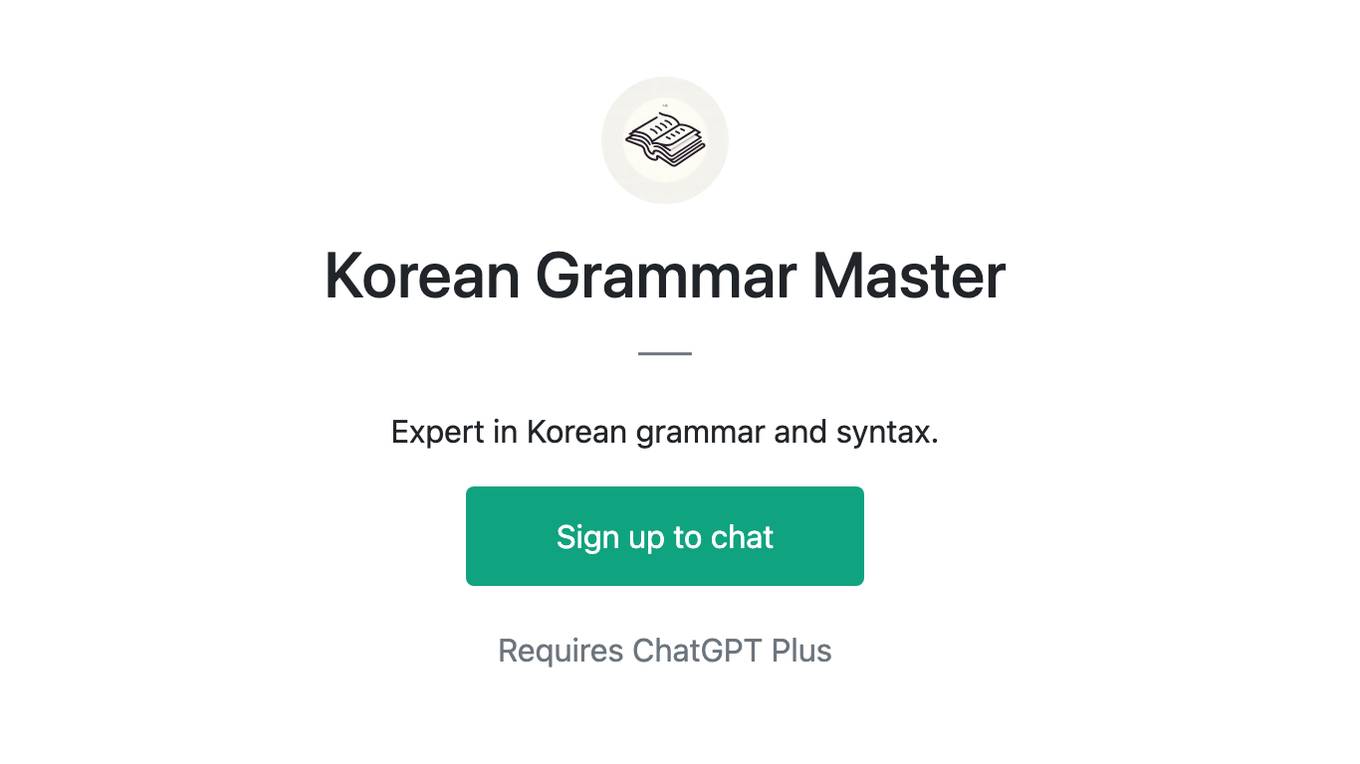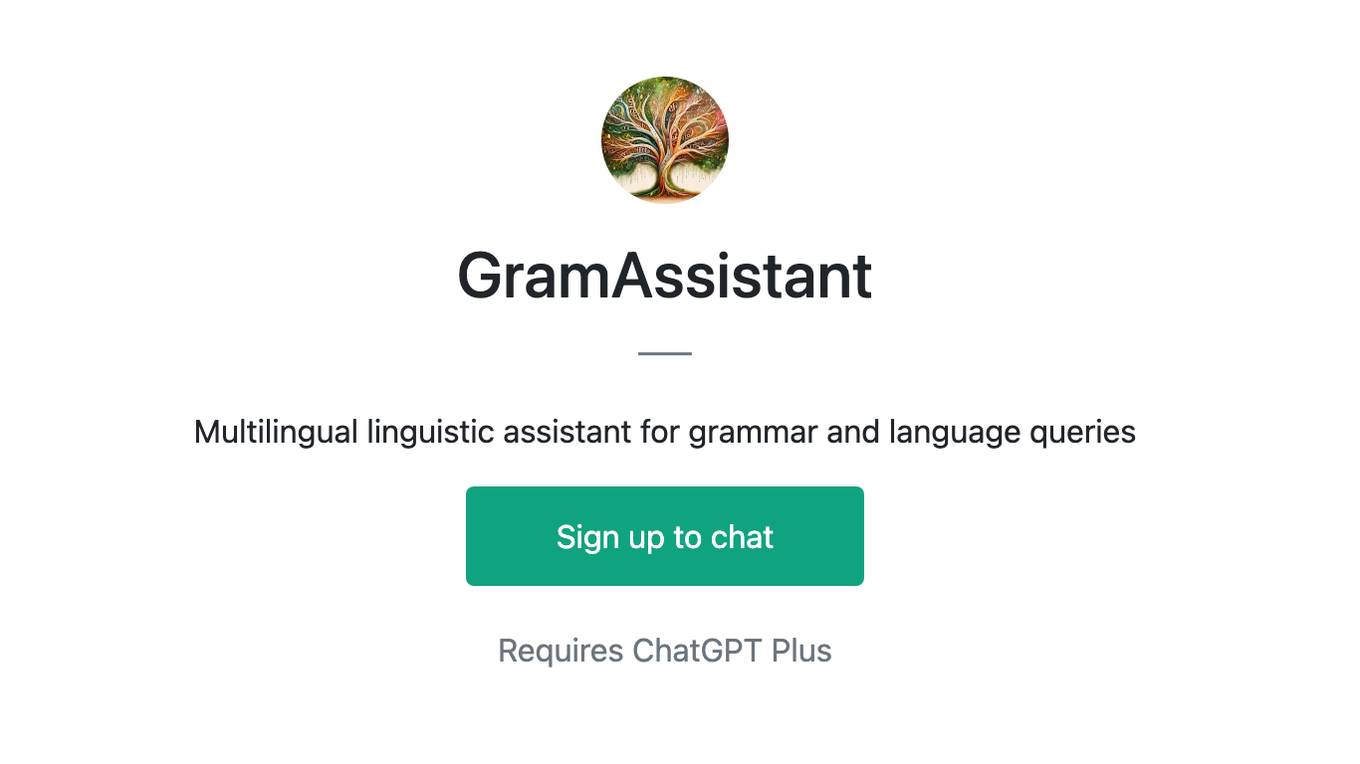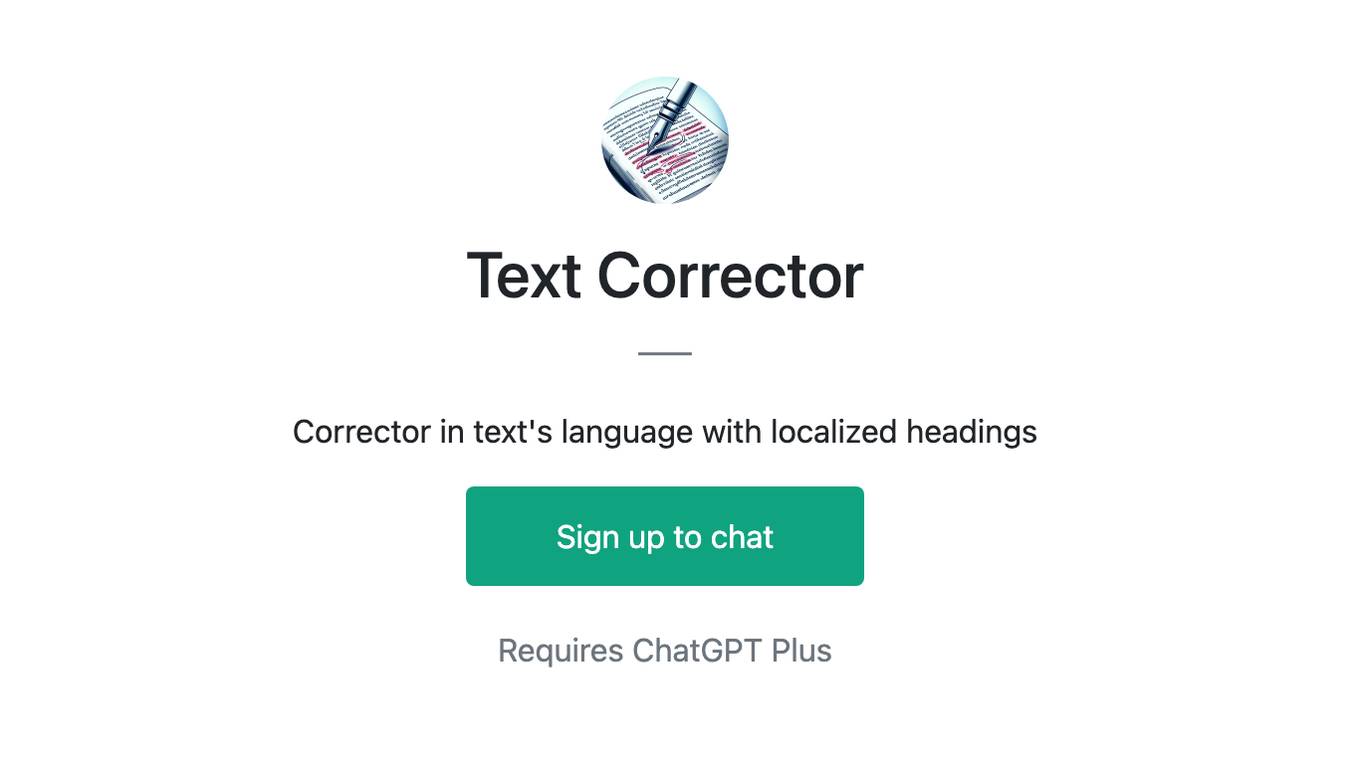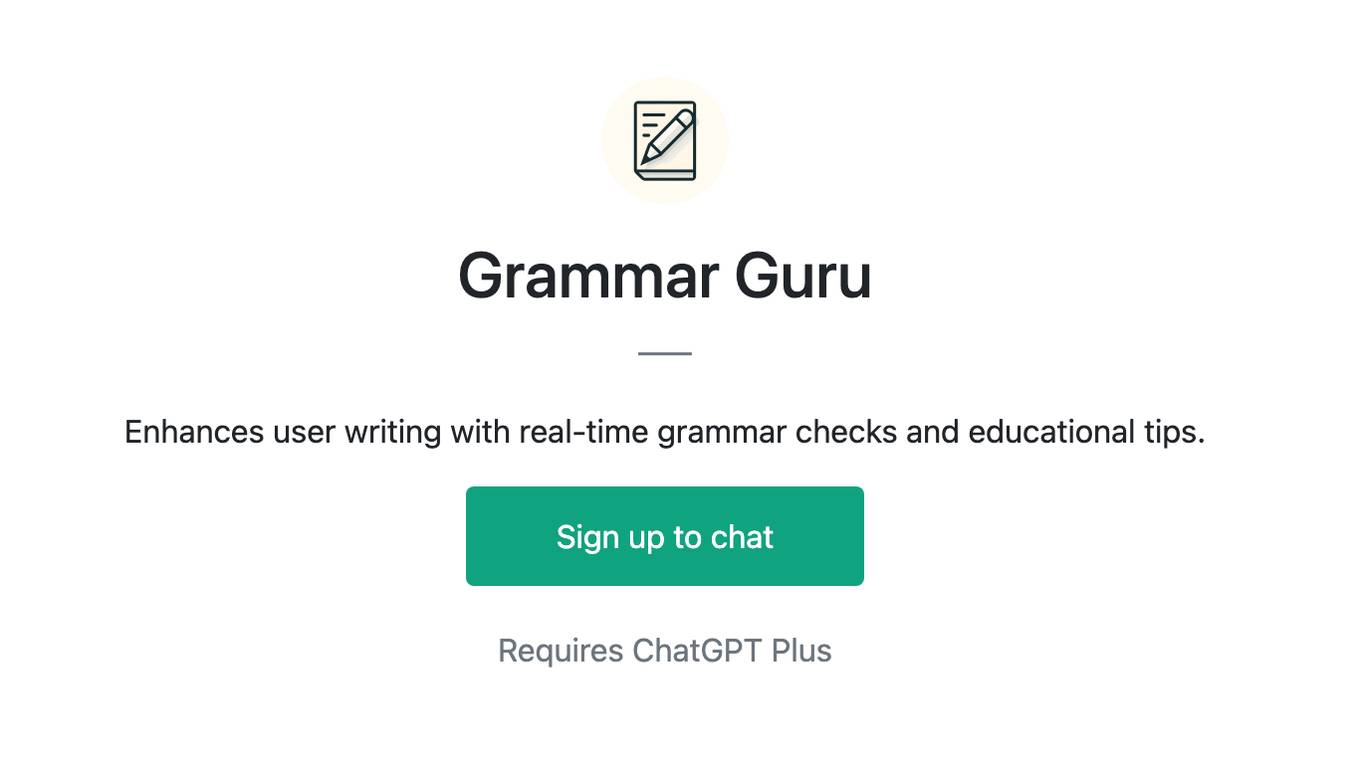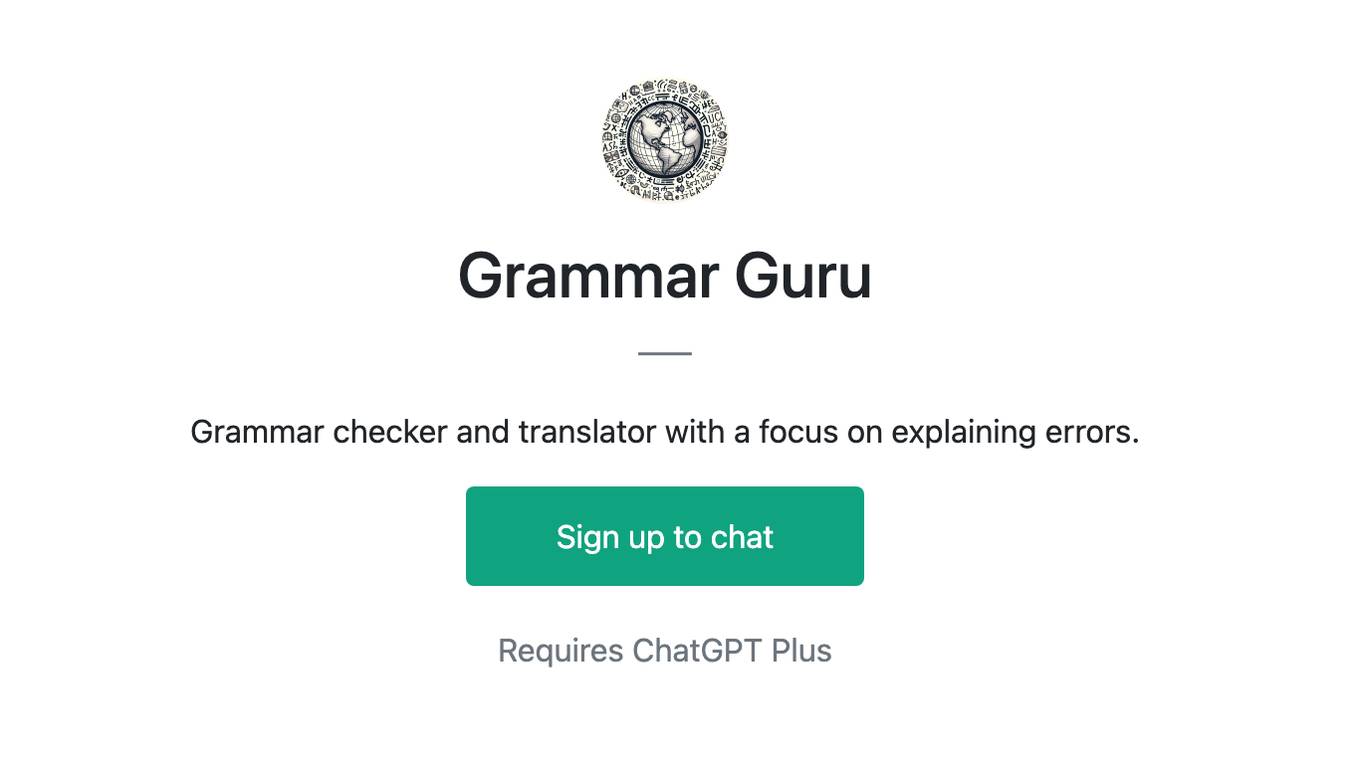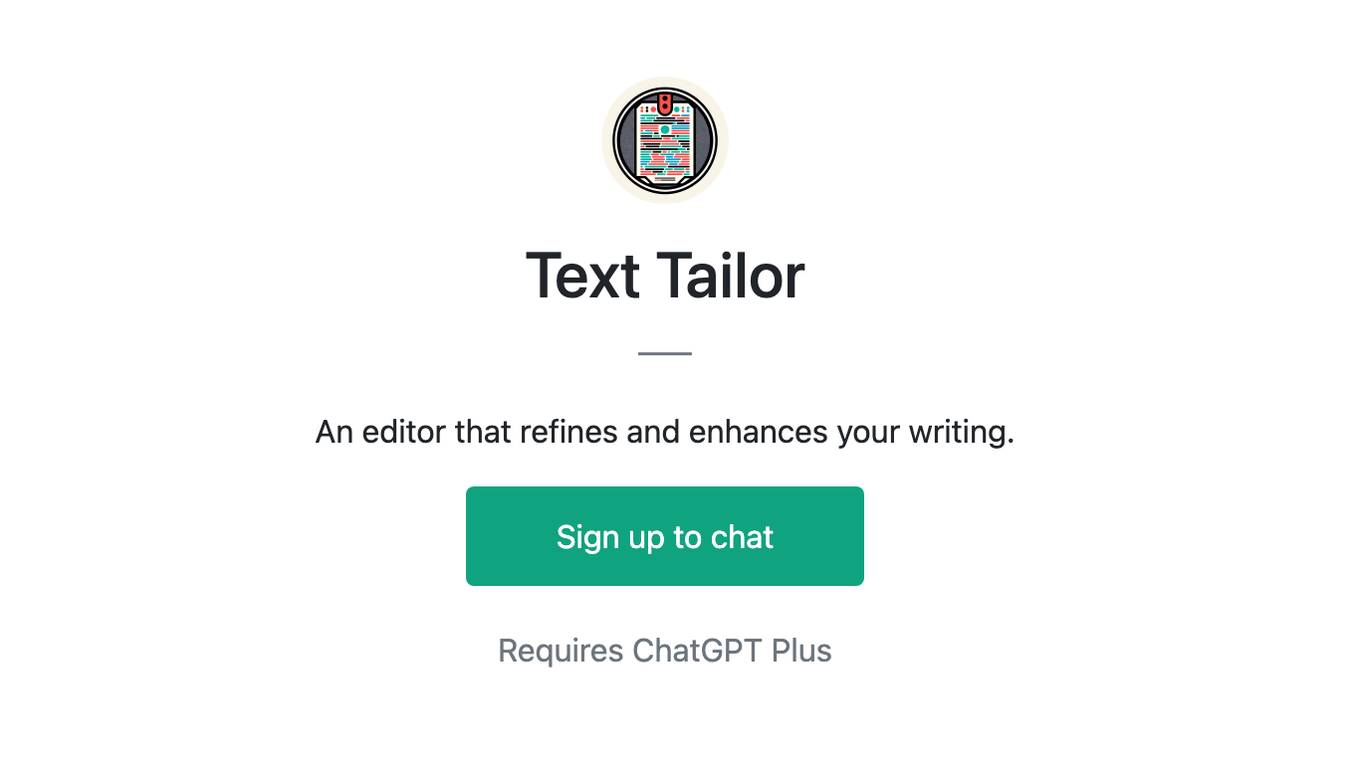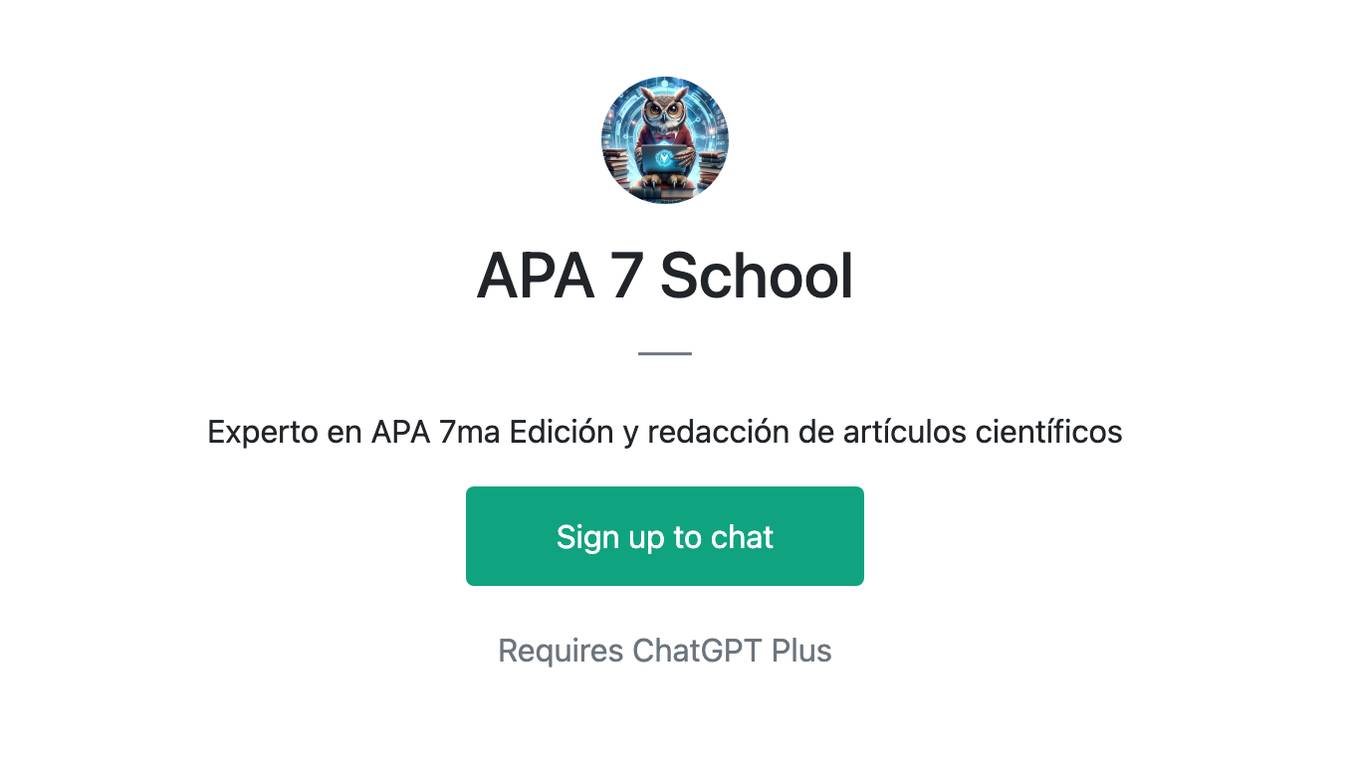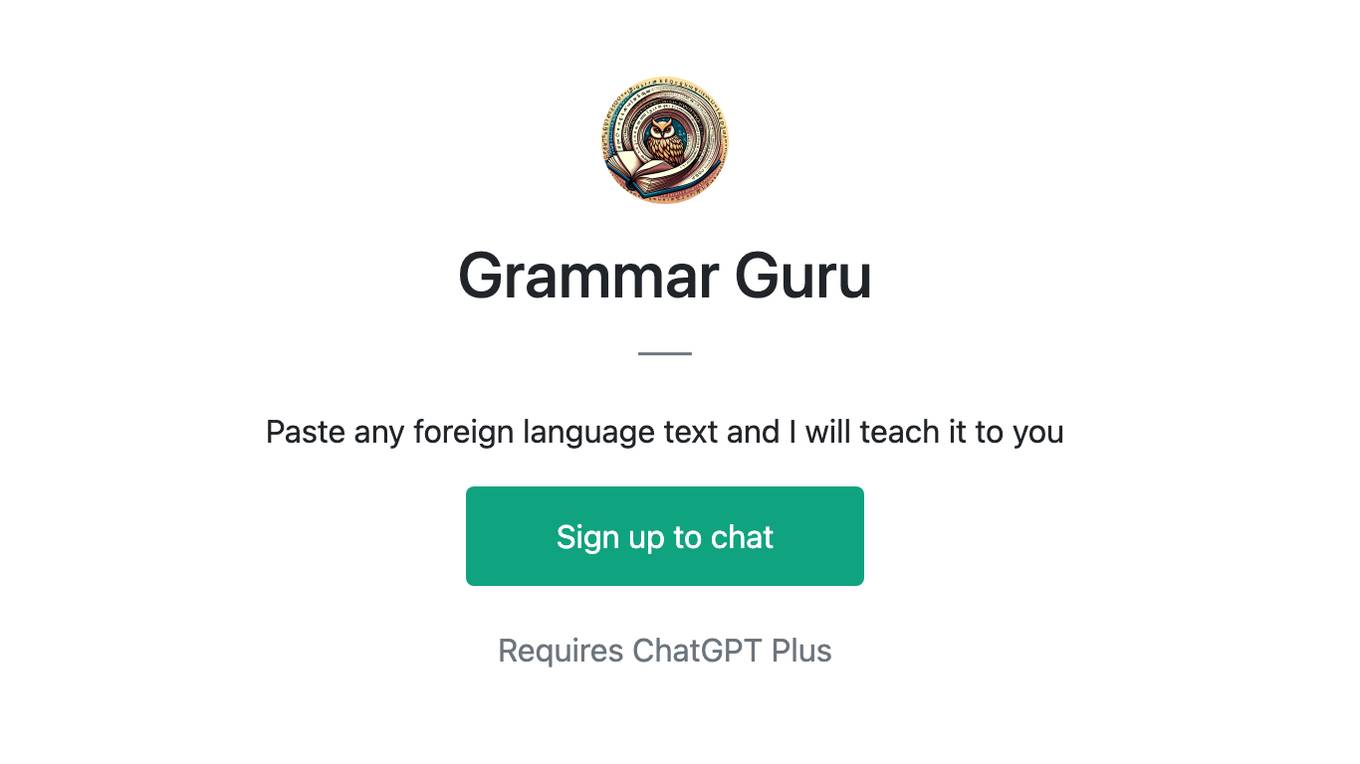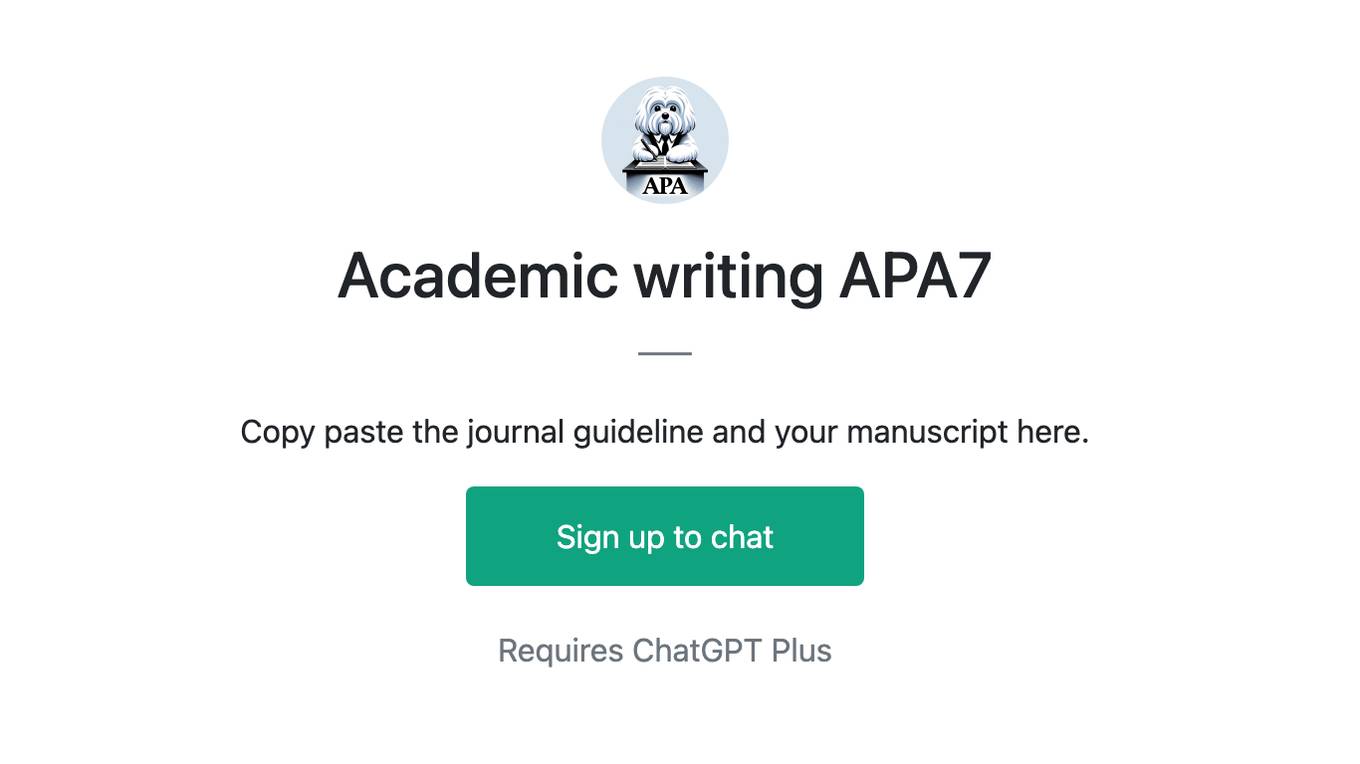Best AI tools for< check grammar and writing style >
20 - AI tool Sites

Trinka
Trinka is an AI-powered English grammar checker and language enhancement writing assistant designed for academic and technical writing. It corrects contextual spelling mistakes and advanced grammar errors by providing writing suggestions in real-time. Trinka helps professionals and academics ensure formal, concise, and engaging writing.
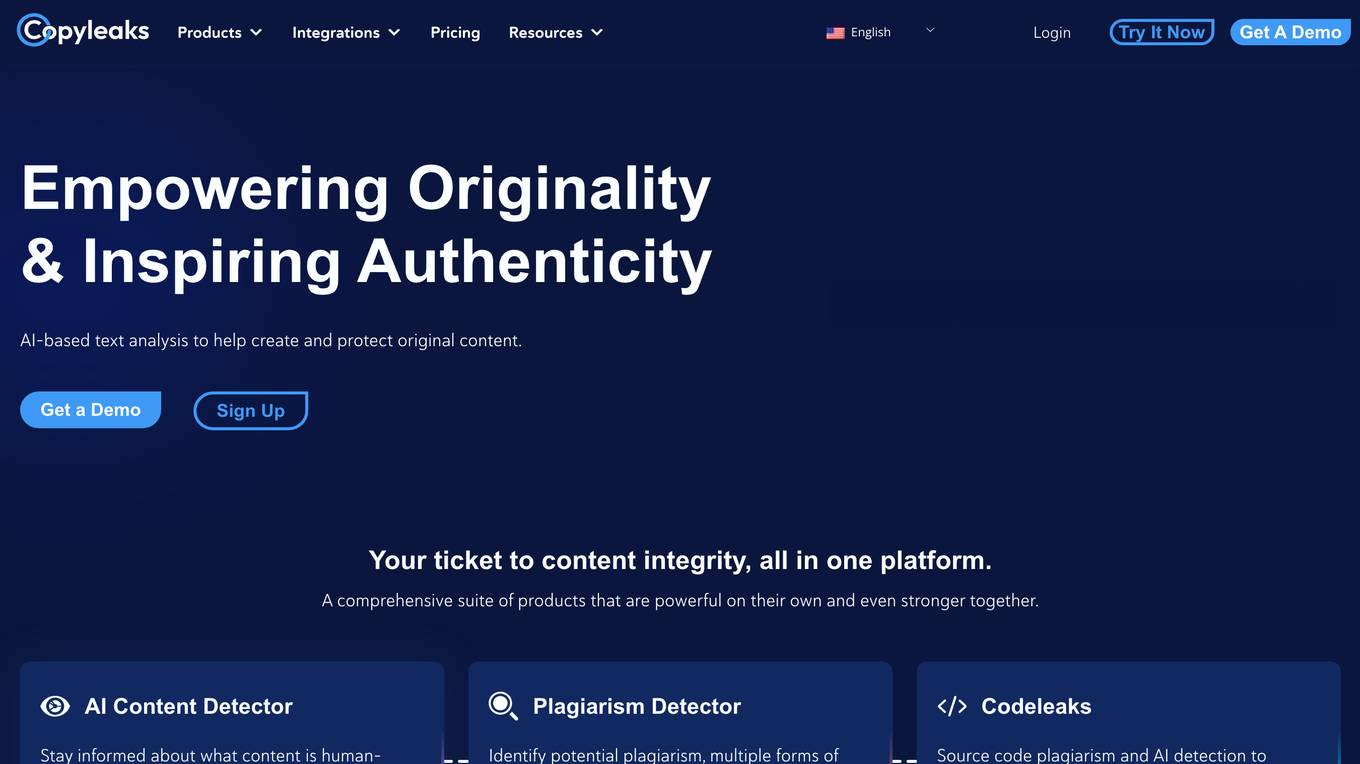
Copyleaks
Copyleaks is a comprehensive suite of AI-based text analysis products designed to help users create and protect original content. The platform includes tools for detecting plagiarism, identifying AI-generated content, checking for grammar and writing style, and grading standardized tests. Copyleaks offers a range of integrations with other platforms, including LMS systems and plagiarism checkers, and provides a robust API for developers to integrate Copyleaks' functionality into their own applications.
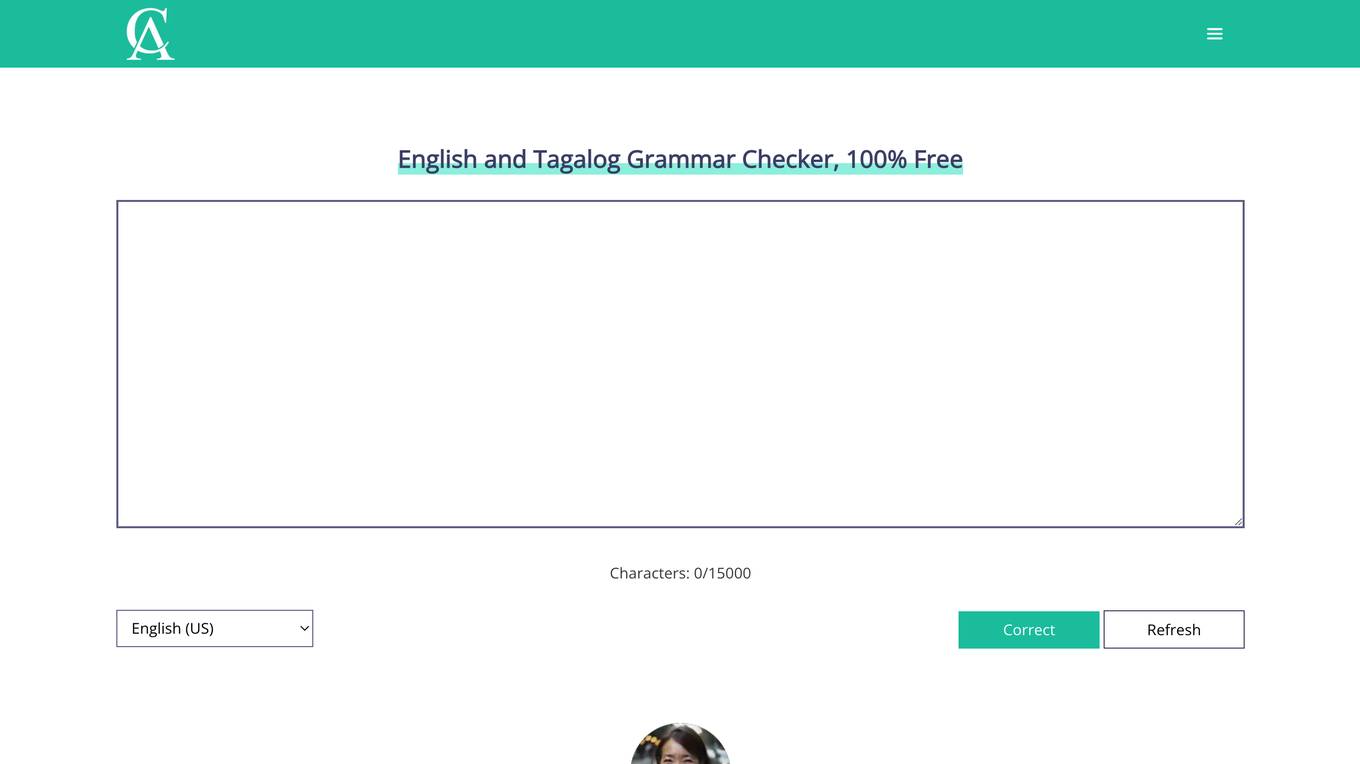
English and Tagalog Grammar Checker
English and Tagalog Grammar Checker is a free online tool that checks your grammar and spelling. It can also help you improve your writing style and avoid common mistakes. The tool is easy to use and can be used by anyone, regardless of their level of English proficiency.

AI Email Writer
This free AI email writer is a powerful tool that can help you quickly and easily draft replies to any email. With its advanced AI technology, the email writer can analyze the content of your email and generate a personalized response that is both professional and engaging. Whether you're dealing with a customer inquiry, a sales pitch, or a personal message, the AI email writer can help you save time and effort while ensuring that your emails are always on point.

Kwirk.io
Kwirk.io is a cloud-based AI-powered writing assistant that helps users create high-quality content quickly and efficiently. It offers a range of features, including automated text generation, grammar and style checking, plagiarism detection, and real-time feedback. Kwirk.io is designed to help users save time and improve the quality of their writing, making it an ideal tool for students, professionals, and anyone who needs to create written content.
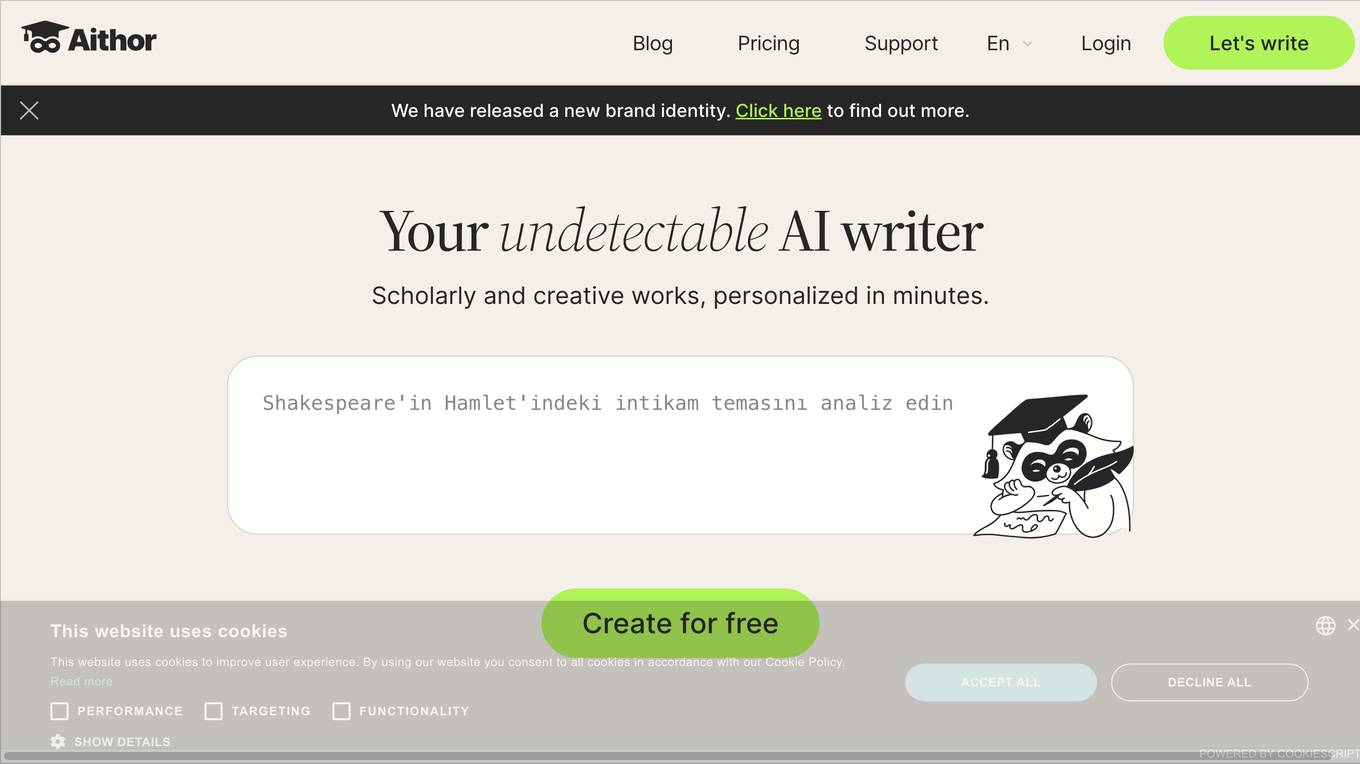
Aithor
Aithor is an online essay and paper writing and paraphrasing tool. It is a web-based application that helps users to write essays, papers, and other types of written content. Aithor uses artificial intelligence to help users generate ideas, write better sentences, and improve their overall writing style.
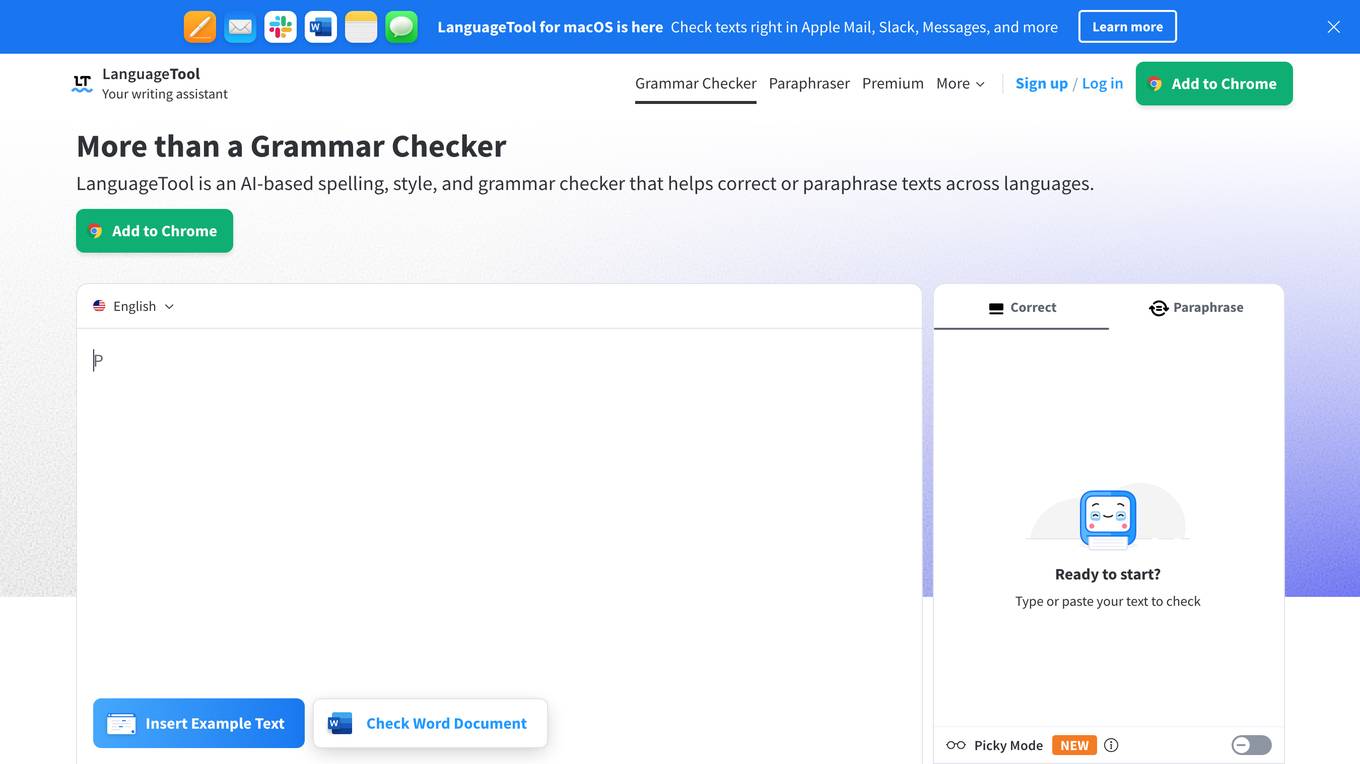
LanguageTool
LanguageTool is an AI-based spelling, style, and grammar checker that helps correct or paraphrase texts across languages. It offers a range of features including grammar checking, paraphrasing, punctuation correction, style improvement, and more. LanguageTool is available as a browser extension, desktop app, and mobile app, and it supports over 30 languages. It is used by over 2000 organizations, including BMW Group, European Union, Spiegel Magazine, and Deutsche Presse-Agentur (dpa).
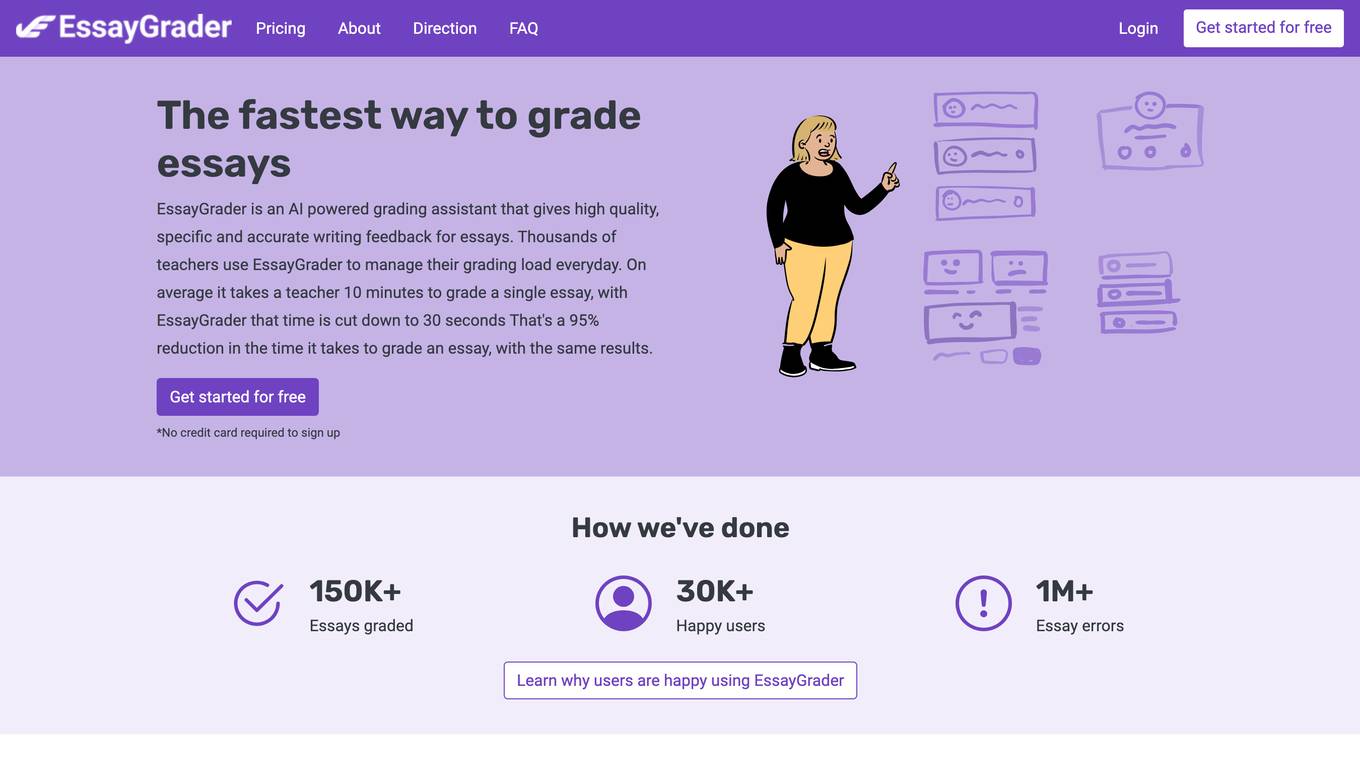
EssayGrader.ai
EssayGrader.ai is the original AI essay grader, a leading AI platform designed for teachers to efficiently grade essays. It provides high-quality, specific, and accurate writing feedback, reducing the grading time from 10 minutes to just 30 seconds. The AI-powered tool analyzes essays for grammar, punctuation, spelling, coherence, clarity, and writing style errors. It offers features like bulk uploading, custom rubrics, summarizer, AI detector, and class organization. EssayGrader.ai aims to transform the grading experience for teachers and students by simplifying the grading process and enhancing writing skills.
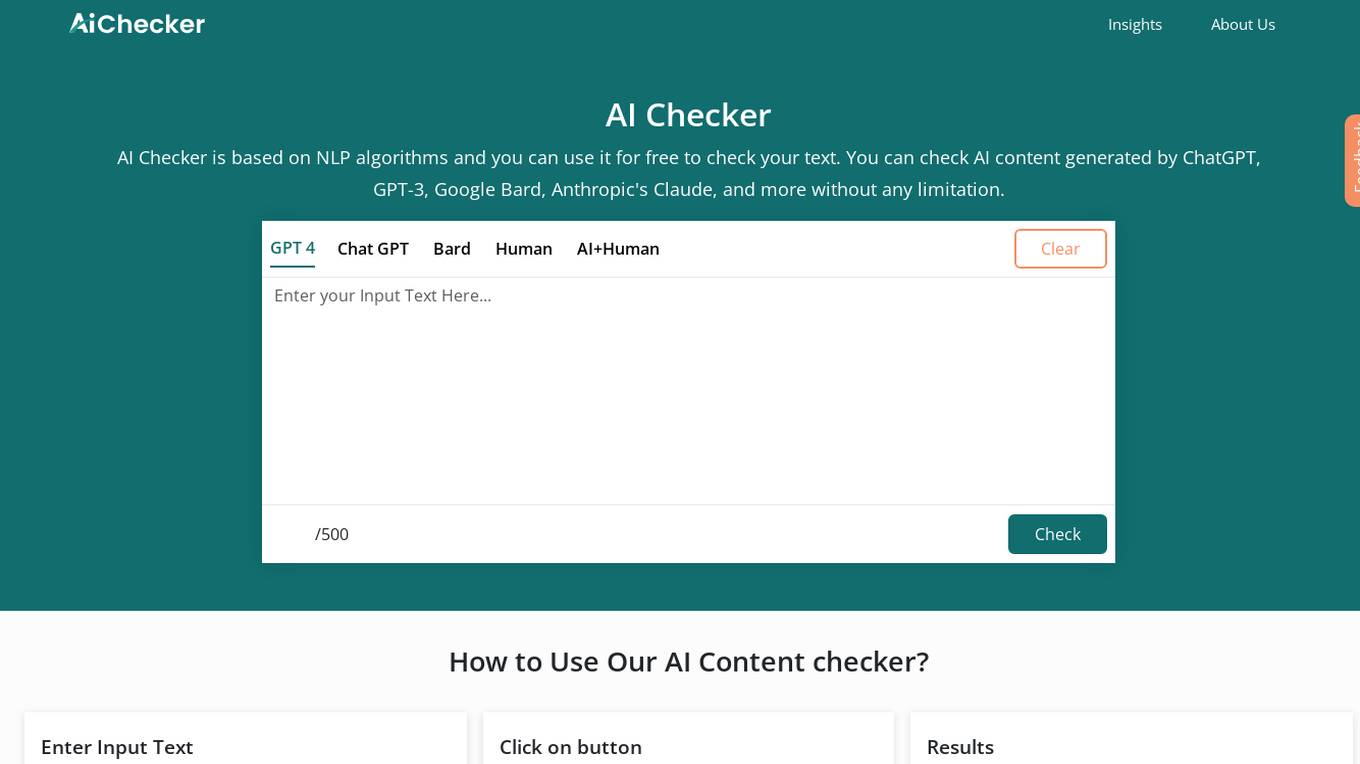
AI Checker
AI Checker is a free online tool that uses advanced artificial intelligence technology to detect AI-generated content. It can accurately identify text written by ChatGPT, Bard, and GPT-4, even when the text is carefully crafted to avoid detection. This AI writing checker works by analyzing the writing style and sentence structure. It looks for patterns that are commonly found in AI-generated content, such as repetitive phrases, vocabulary, keywords, academic language, and grammar errors. Our AI detector analyzes the text and provides a percentage score indicating the likelihood of AI writing similarity. A score of 100% means that the text is almost certainly AI-generated, while a score of 0% means that it is almost certainly human-written.
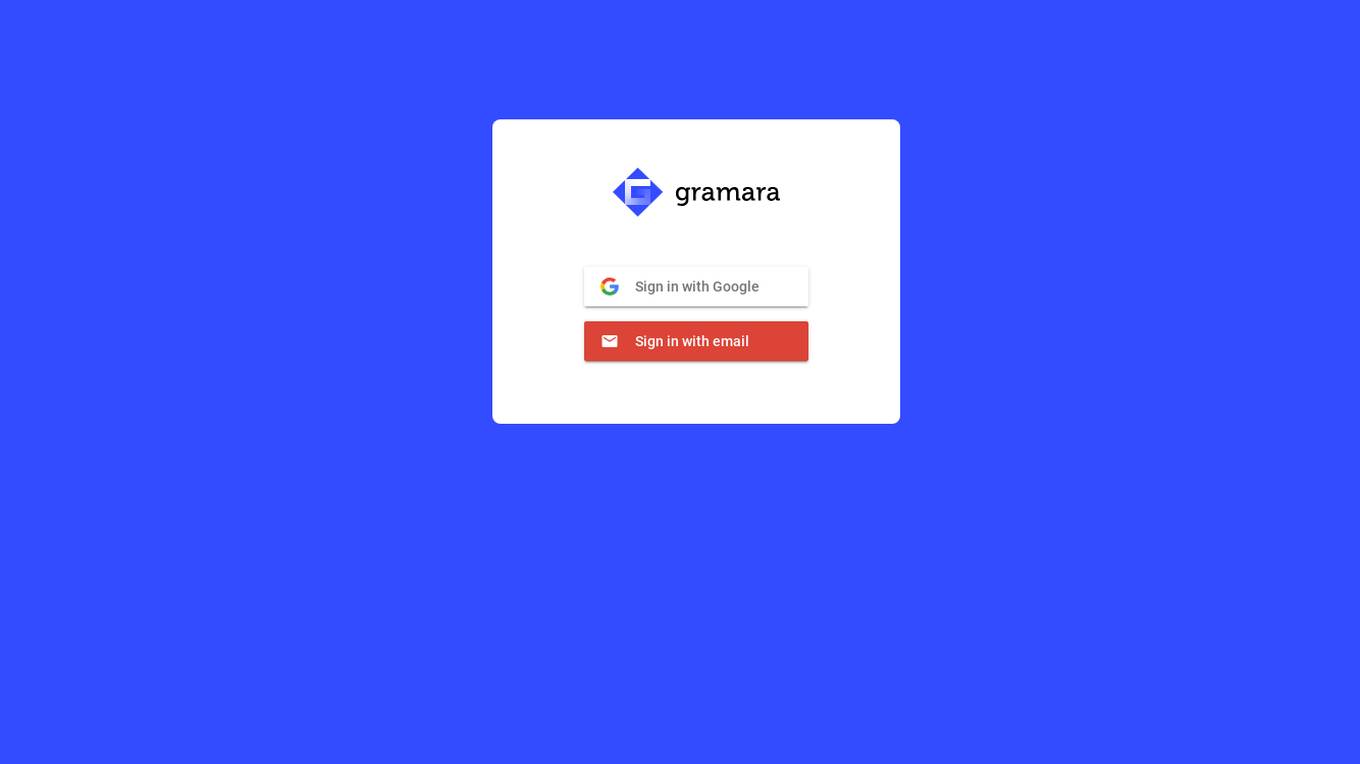
Gramara
Gramara is an AI-powered grammar checker that helps you write error-free text. It can detect and correct a wide range of grammar, spelling, and punctuation errors, and it can also provide suggestions for improving your writing style.

Writeseed
Writeseed is an AI-powered writing tool that helps users create high-quality content quickly and easily. With over 70 fine-tuned AI templates, Writeseed can generate a wide range of content, including blog posts, articles, ad copy, and social media posts. Writeseed also offers a variety of features to help users improve their writing, such as an AI-powered editor that can check for grammar and style errors, and a plagiarism checker. Writeseed is a valuable tool for anyone who wants to create high-quality content quickly and easily.

Quill AI
Quill AI is a writing assistant that uses artificial intelligence to help you write better. It can help you with everything from brainstorming ideas to checking your grammar and style. Quill AI is designed to make writing faster, easier, and more enjoyable.
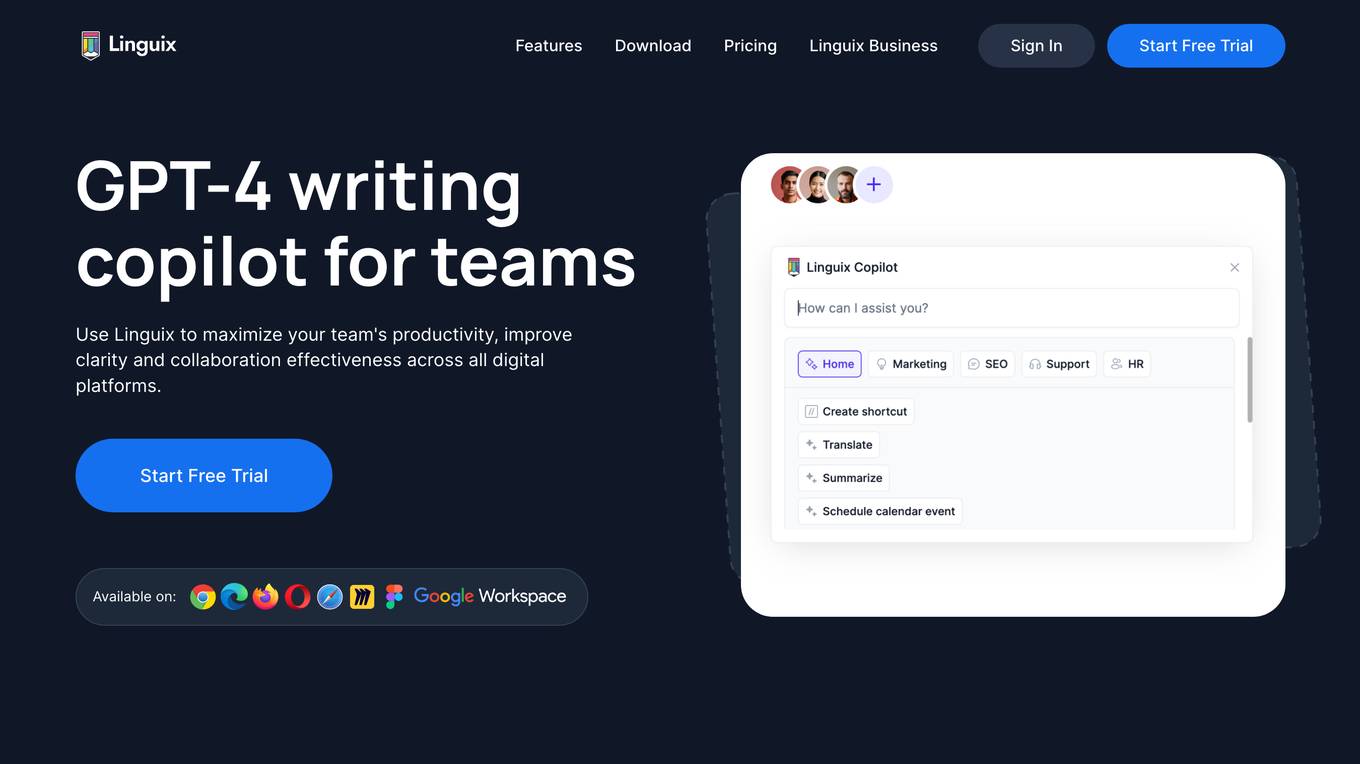
Linguix
Linguix is a GPT-4 writing and productivity copilot for teams. It uses artificial intelligence to improve grammar, spelling, and style, and to help users write more clearly and effectively. Linguix is available as a browser extension and a web editor, and it can be used with a variety of online platforms, including Gmail, Google Docs, and OpenAI. Linguix is trusted by over 310,000 users, including Google Chrome Store Featured App, Edge Store Featured App, Product Hunt Top #1 writing assistant, G2 reviews website Top proofreading tool, and Linguix for Figma Featured App.

Autodraft
Autodraft is an AI-powered writing assistant that helps you create high-quality content quickly and easily. With Autodraft, you can generate text, translate languages, summarize documents, and more. Autodraft is the perfect tool for anyone who wants to improve their writing skills or save time on content creation.

Langcheck
Langcheck is an AI-powered language assistant that helps you write better in English. It checks your grammar, spelling, and style, and provides suggestions for improvement. Langcheck also offers a variety of writing tools, such as a thesaurus, a dictionary, and a translator.

Henshu
Henshu is an AI-powered writing assistant that helps users improve their writing style, grammar, and tone. It offers a variety of features, including the ability to check for plagiarism, generate citations, and translate text into different languages. Henshu is designed to help users create clear, concise, and engaging content.
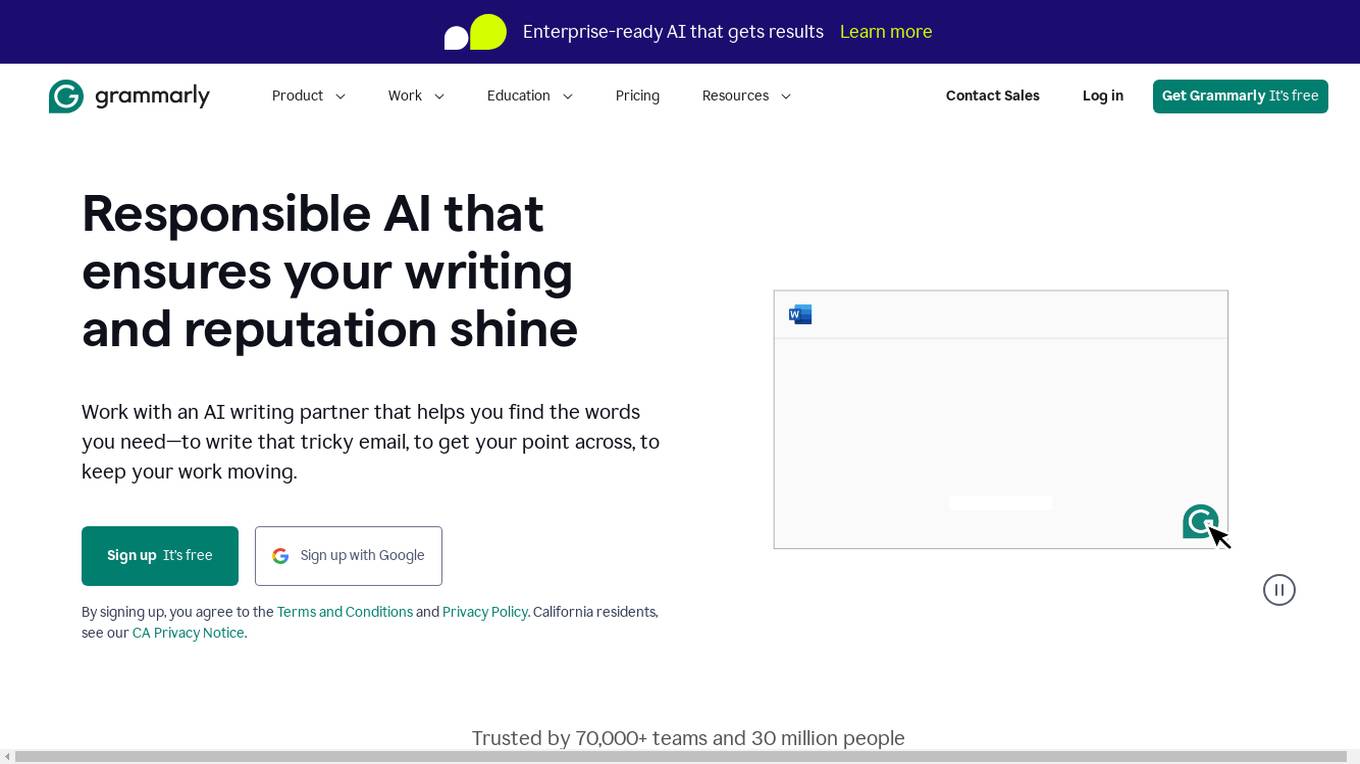
Grammarly
Grammarly is an AI-powered writing assistant that helps users improve their writing. It offers a range of features, including a grammar checker, plagiarism checker, and writing suggestions. Grammarly is available as a desktop app, browser extension, and mobile app.
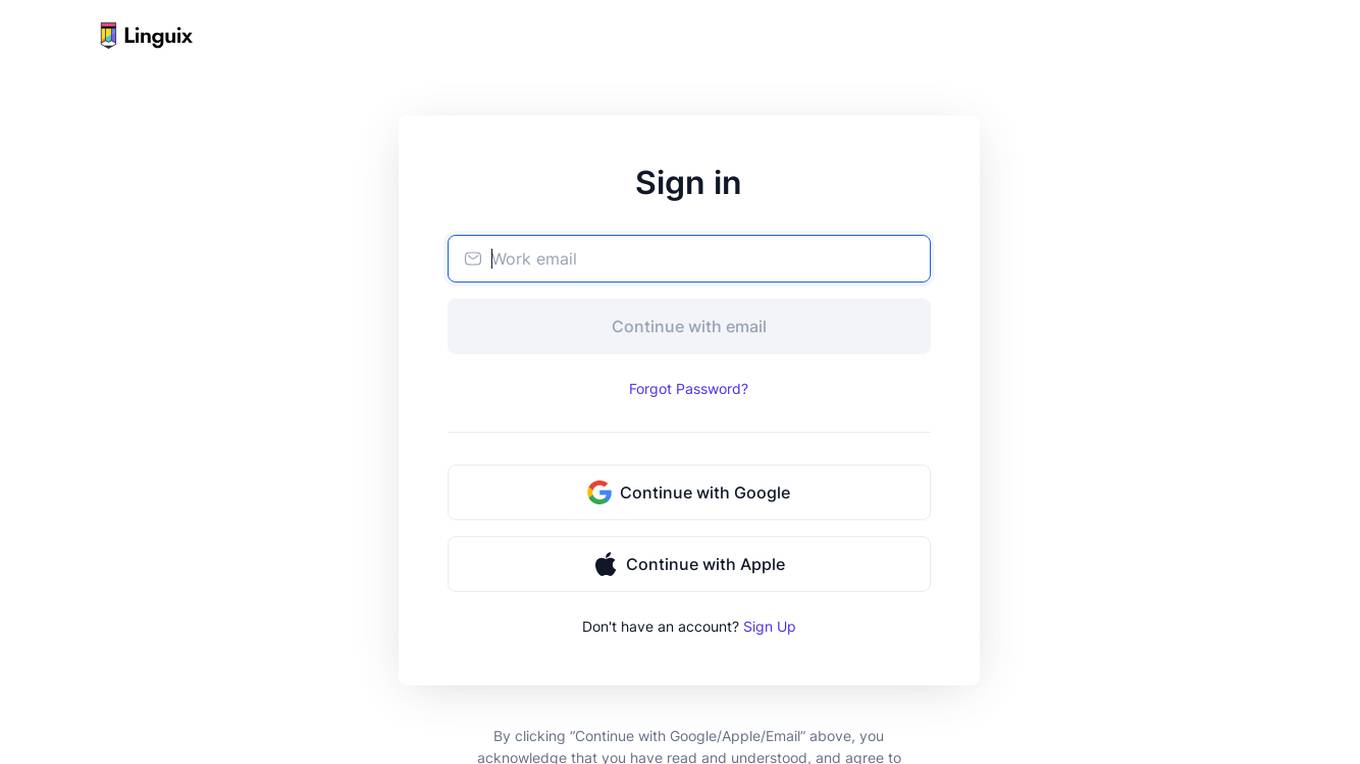
Linguix
Linguix is an AI-powered writing assistant that helps you write better in English. It checks your grammar, spelling, and style, and provides suggestions to improve your writing. Linguix also has a built-in translator, so you can translate your writing into over 100 languages.
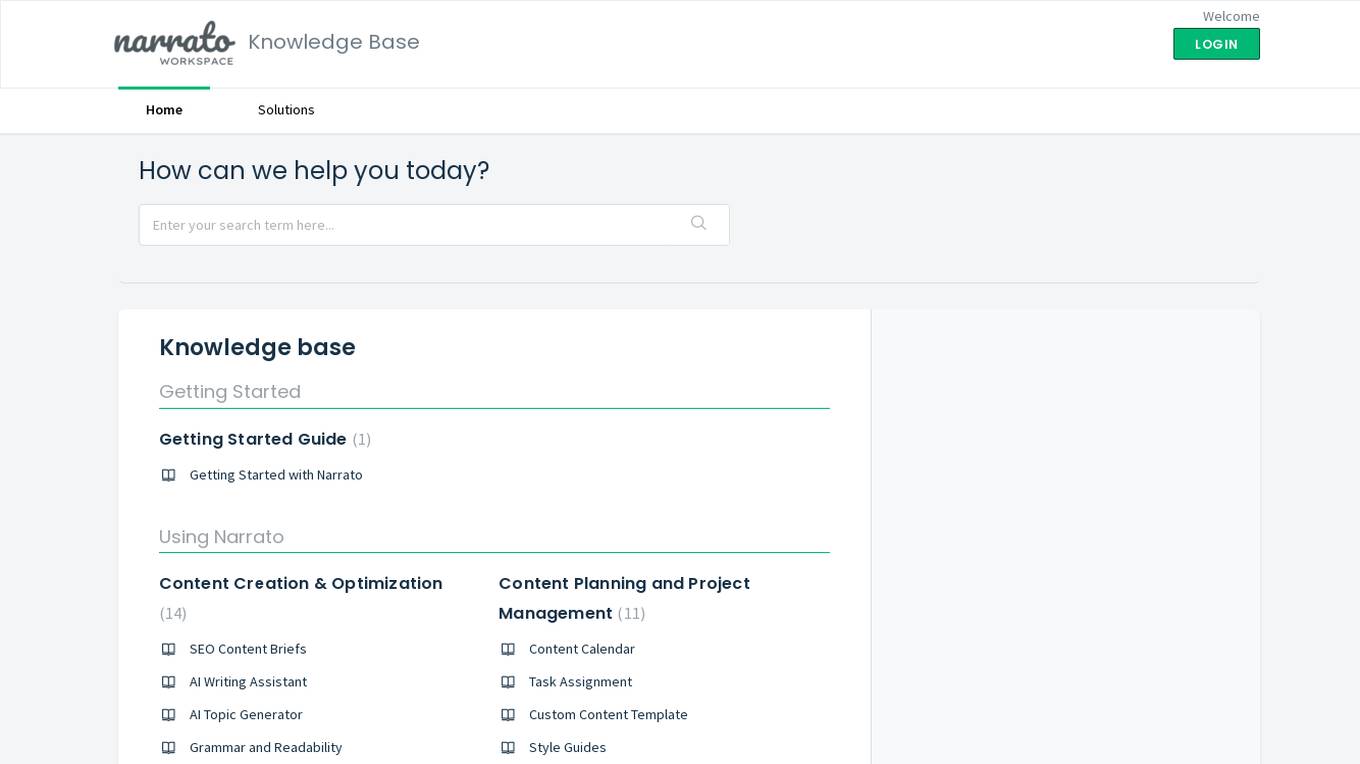
Narrato
Narrato is an AI-powered content creation and project management platform that offers a wide range of features to assist users in creating high-quality content efficiently. It provides tools such as AI writing assistant, topic generator, grammar and readability checker, plagiarism detector, content calendar, task assignment, custom content templates, style guides, freelancer management, user roles management, content collaboration, WordPress publishing, image search, and more. Narrato aims to streamline the content creation process for individuals and teams, making it easier to manage projects and collaborate effectively.
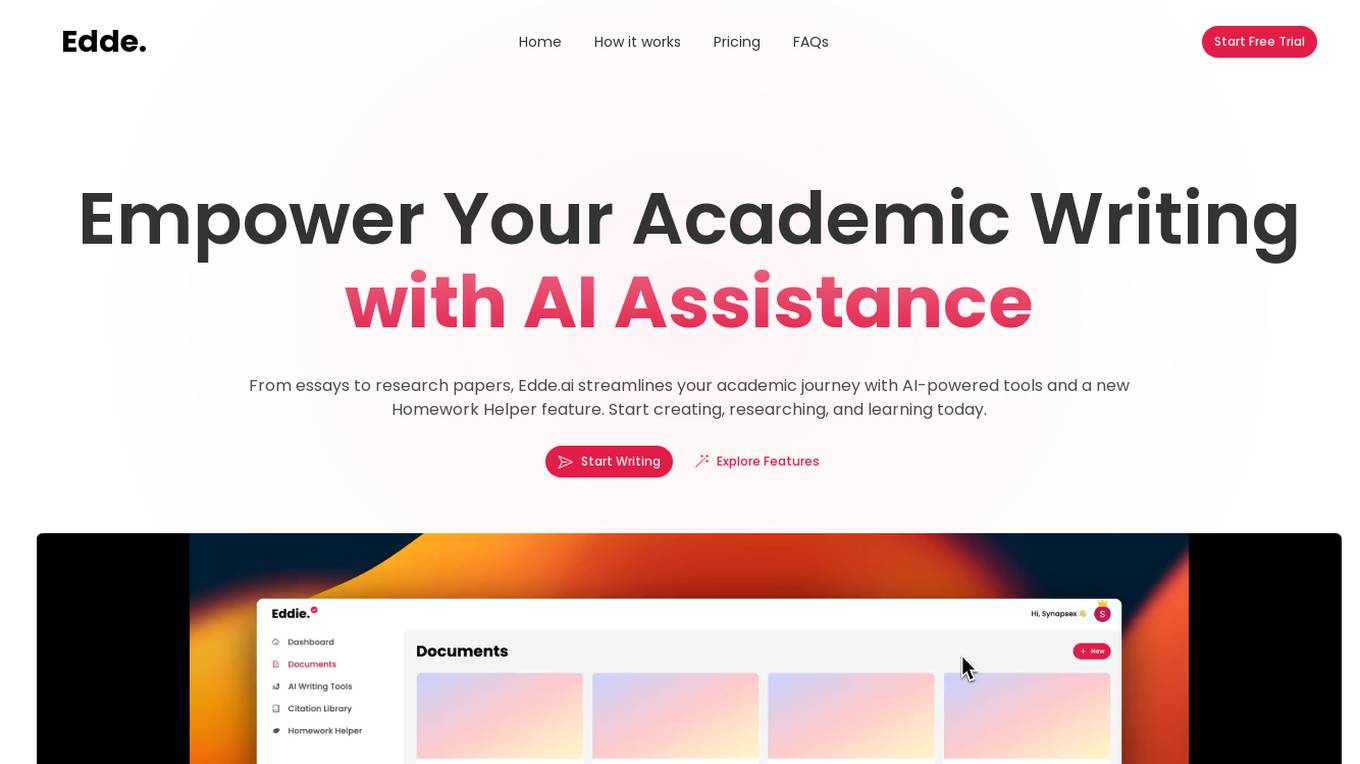
Edde.ai
Edde.ai is an AI-powered academic writing assistant designed to streamline the academic journey of students and researchers. It offers a range of tools such as real-time suggestions, grammar checks, and stylistic improvements to enhance writing quality. Additionally, Edde.ai provides features like title and outline generation, research helper, citation manager, subject guides, and question solver to simplify the research process. With transparent pricing and a user-friendly interface, Edde.ai aims to empower users in creating high-quality academic content.
20 - Open Source AI Tools
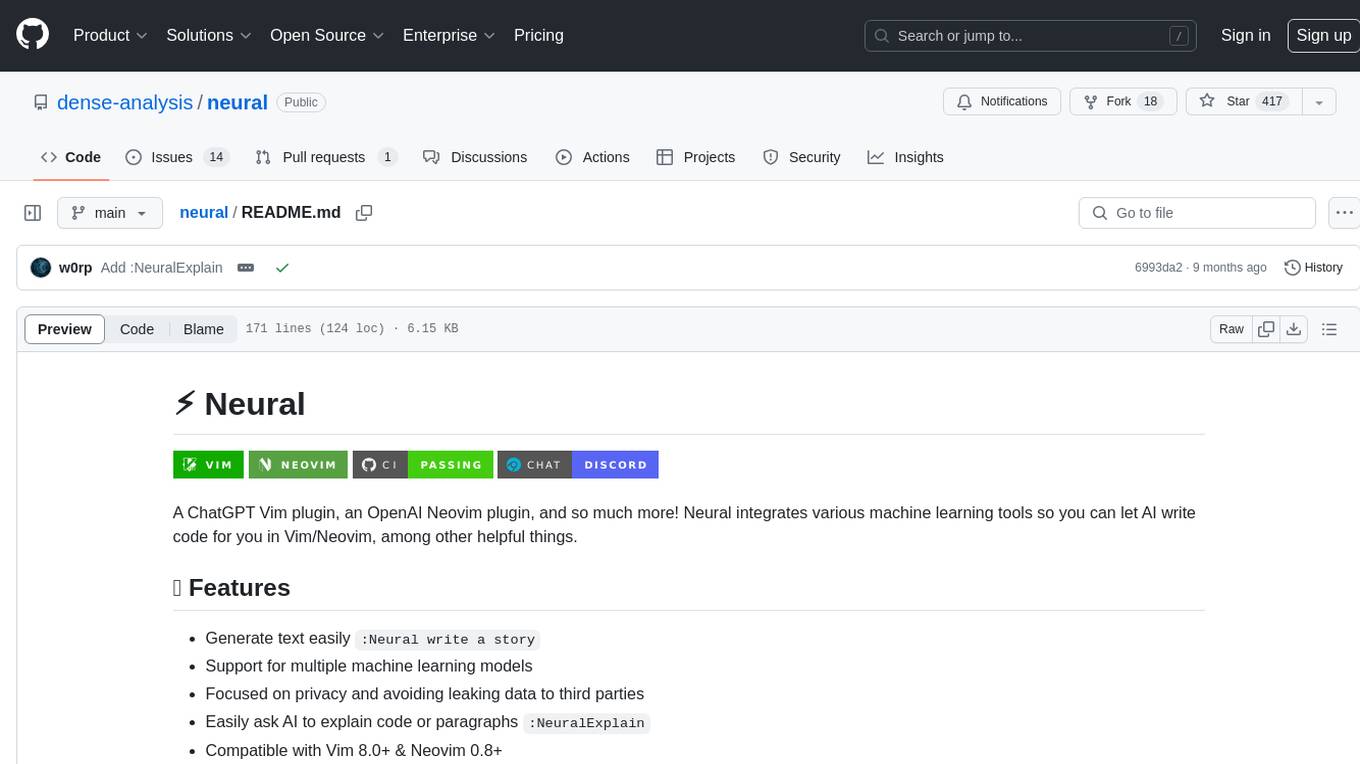
neural
Neural is a Vim and Neovim plugin that integrates various machine learning tools to assist users in writing code, generating text, and explaining code or paragraphs. It supports multiple machine learning models, focuses on privacy, and is compatible with Vim 8.0+ and Neovim 0.8+. Users can easily configure Neural to interact with third-party machine learning tools, such as OpenAI, to enhance code generation and completion. The plugin also provides commands like `:NeuralExplain` to explain code or text and `:NeuralStop` to stop Neural from working. Neural is maintained by the Dense Analysis team and comes with a disclaimer about sending input data to third-party servers for machine learning queries.
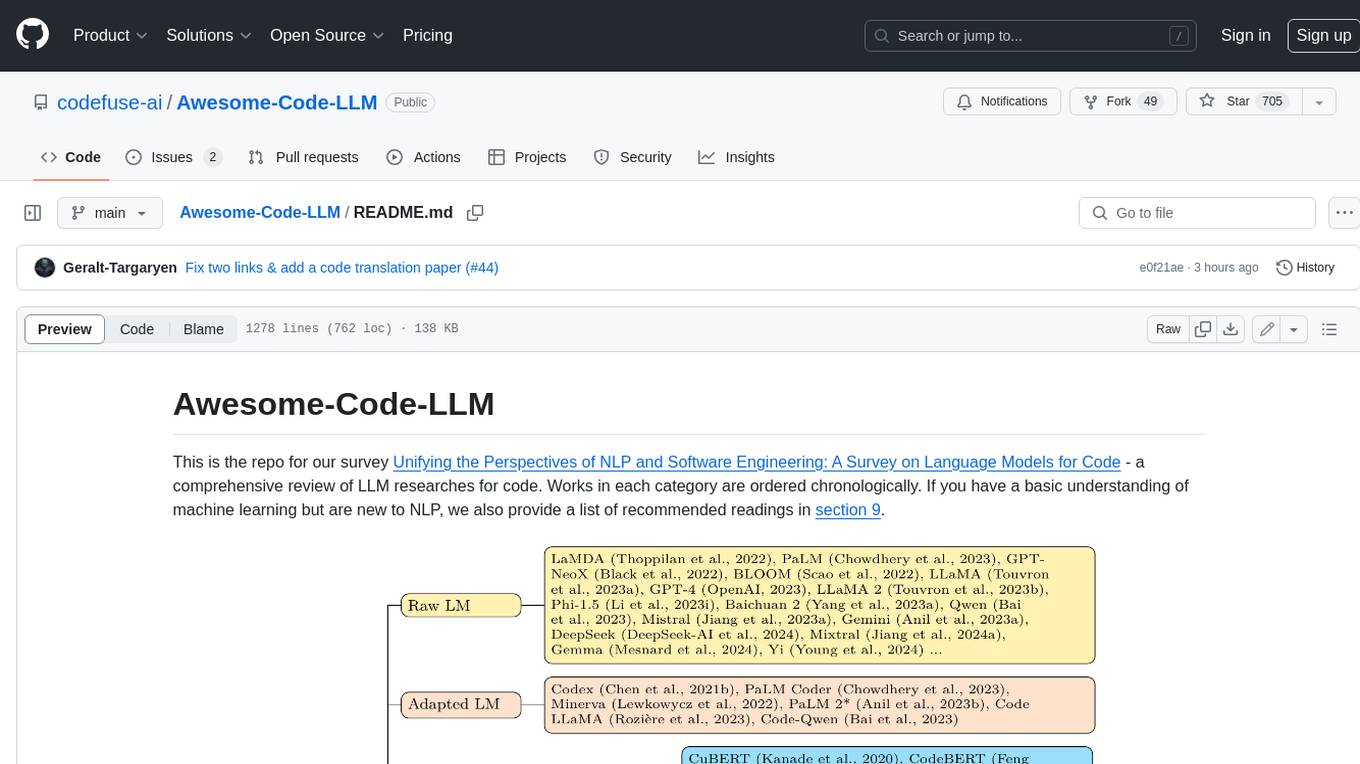
Awesome-Code-LLM
Analyze the following text from a github repository (name and readme text at end) . Then, generate a JSON object with the following keys and provide the corresponding information for each key, in lowercase letters: 'description' (detailed description of the repo, must be less than 400 words,Ensure that no line breaks and quotation marks.),'for_jobs' (List 5 jobs suitable for this tool,in lowercase letters), 'ai_keywords' (keywords of the tool,user may use those keyword to find the tool,in lowercase letters), 'for_tasks' (list of 5 specific tasks user can use this tool to do,in lowercase letters), 'answer' (in english languages)
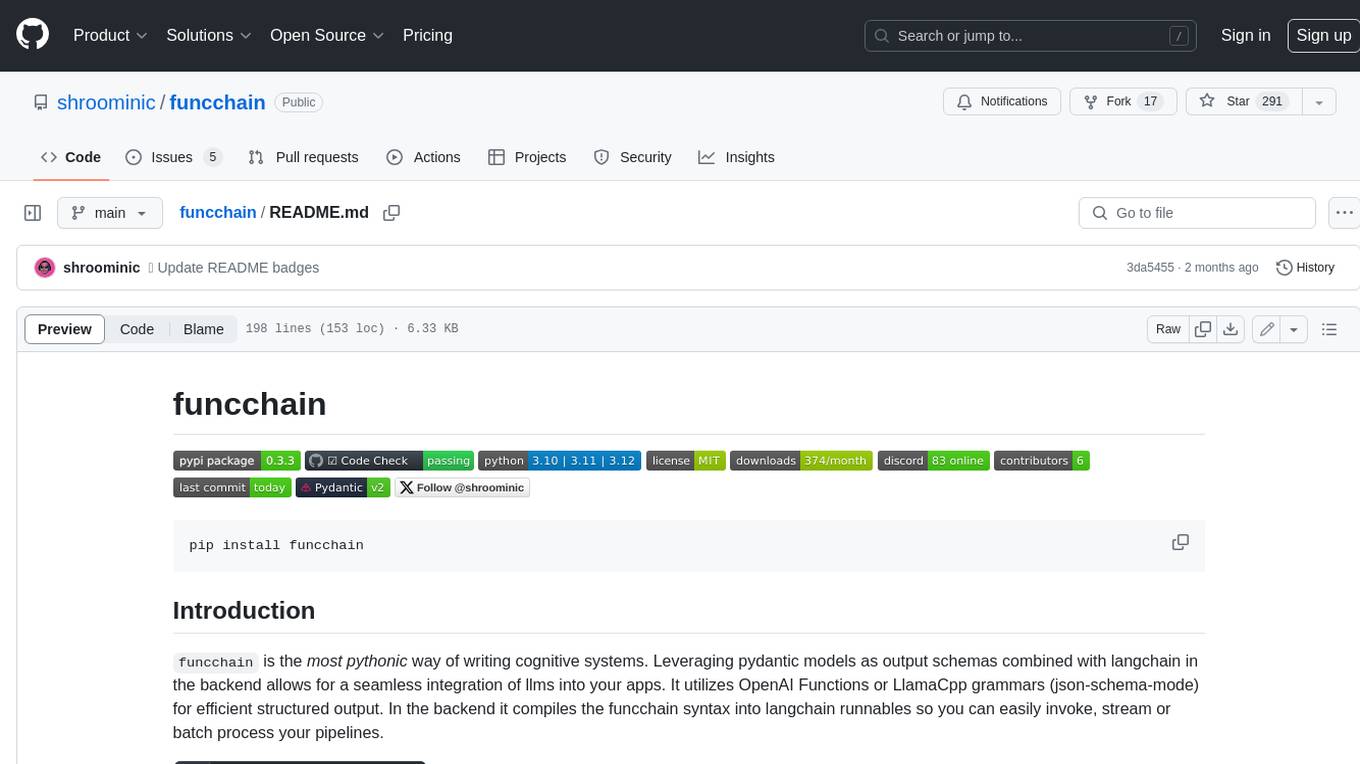
funcchain
Funcchain is a Python library that allows you to easily write cognitive systems by leveraging Pydantic models as output schemas and LangChain in the backend. It provides a seamless integration of LLMs into your apps, utilizing OpenAI Functions or LlamaCpp grammars (json-schema-mode) for efficient structured output. Funcchain compiles the Funcchain syntax into LangChain runnables, enabling you to invoke, stream, or batch process your pipelines effortlessly.
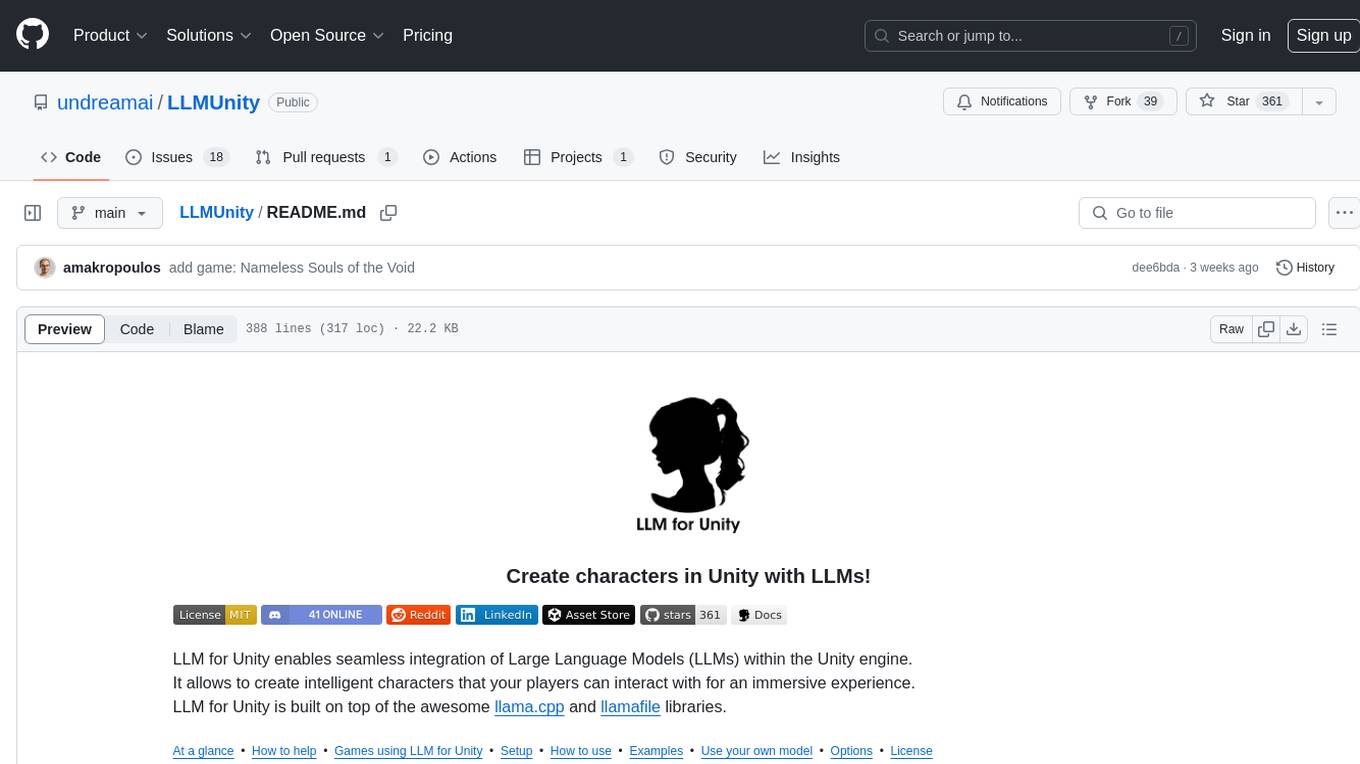
LLMUnity
LLM for Unity enables seamless integration of Large Language Models (LLMs) within the Unity engine, allowing users to create intelligent characters for immersive player interactions. The tool supports major LLM models, runs locally without internet access, offers fast inference on CPU and GPU, and is easy to set up with a single line of code. It is free for both personal and commercial use, tested on Unity 2021 LTS, 2022 LTS, and 2023. Users can build multiple AI characters efficiently, use remote servers for processing, and customize model settings for text generation.
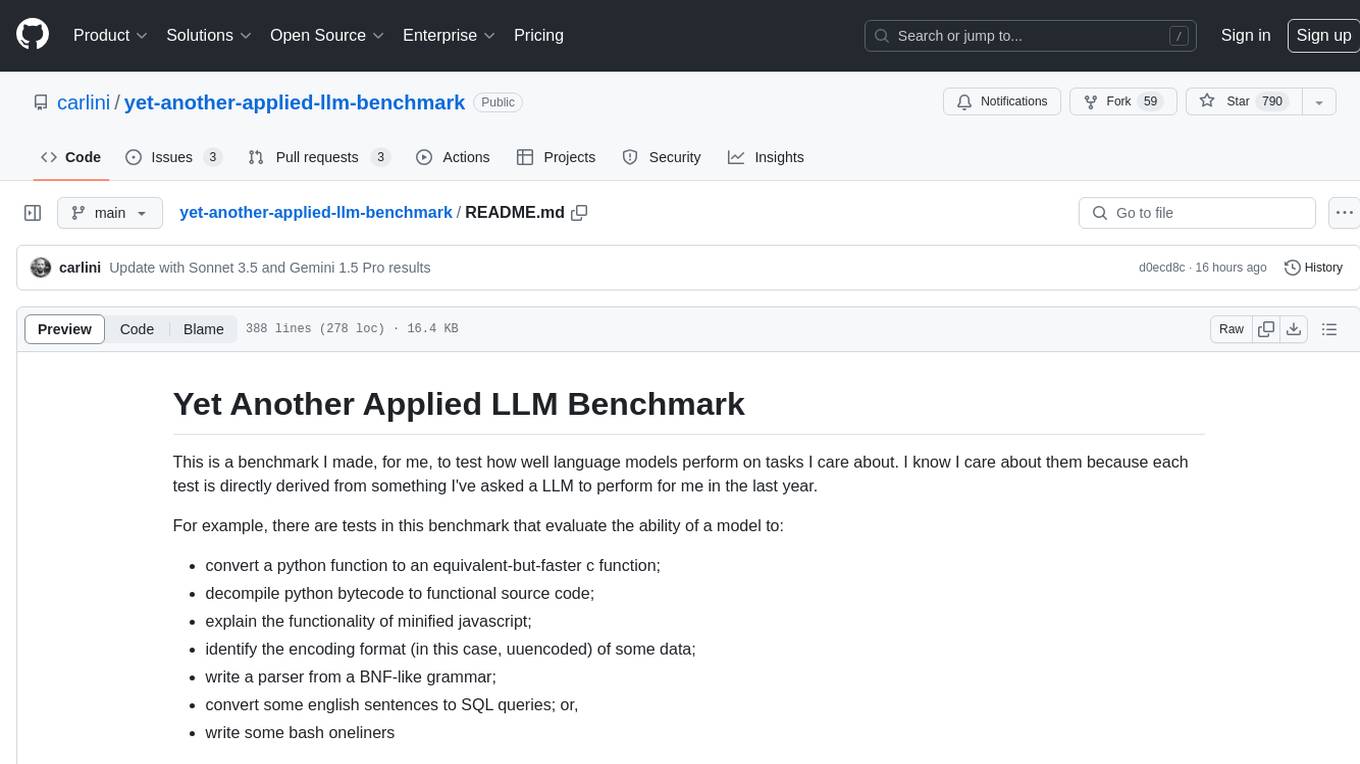
yet-another-applied-llm-benchmark
Yet Another Applied LLM Benchmark is a collection of diverse tests designed to evaluate the capabilities of language models in performing real-world tasks. The benchmark includes tests such as converting code, decompiling bytecode, explaining minified JavaScript, identifying encoding formats, writing parsers, and generating SQL queries. It features a dataflow domain-specific language for easily adding new tests and has nearly 100 tests based on actual scenarios encountered when working with language models. The benchmark aims to assess whether models can effectively handle tasks that users genuinely care about.
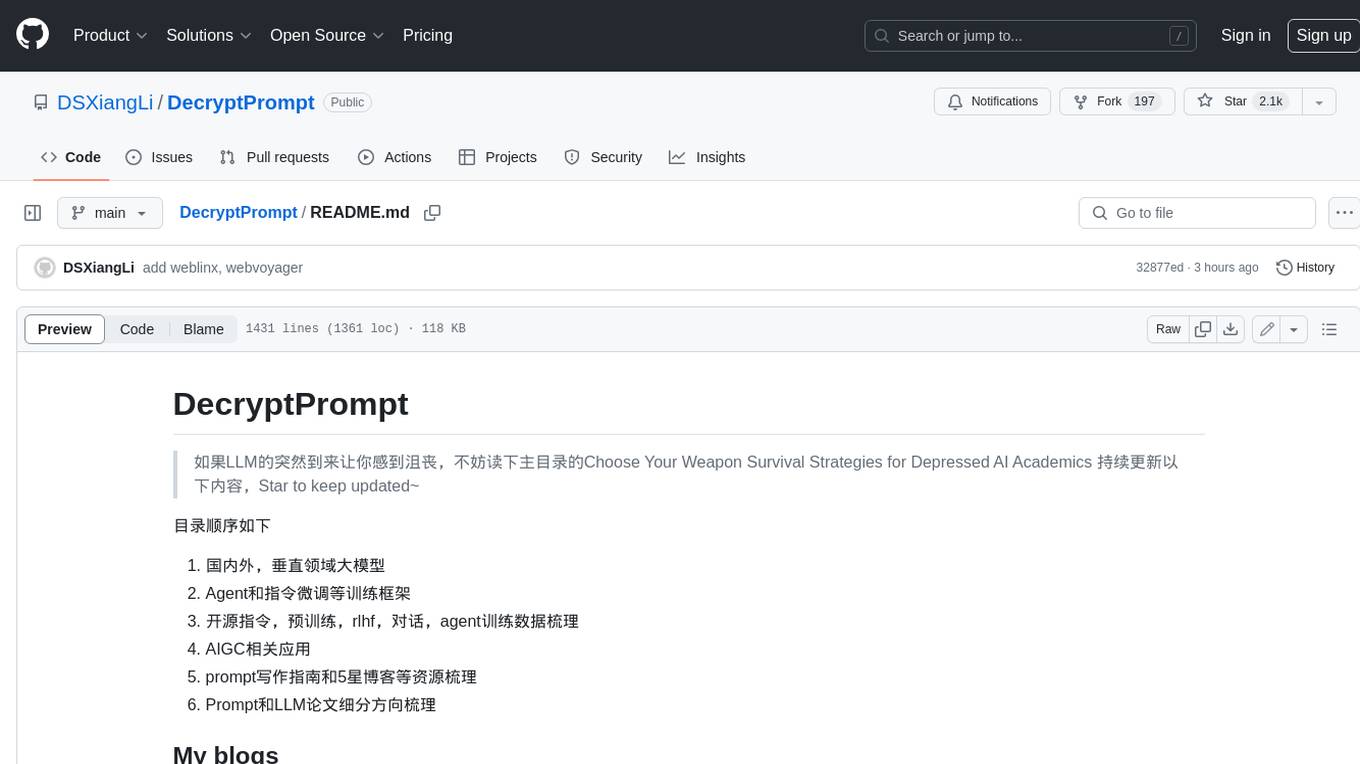
DecryptPrompt
This repository does not provide a tool, but rather a collection of resources and strategies for academics in the field of artificial intelligence who are feeling depressed or overwhelmed by the rapid advancements in the field. The resources include articles, blog posts, and other materials that offer advice on how to cope with the challenges of working in a fast-paced and competitive environment.
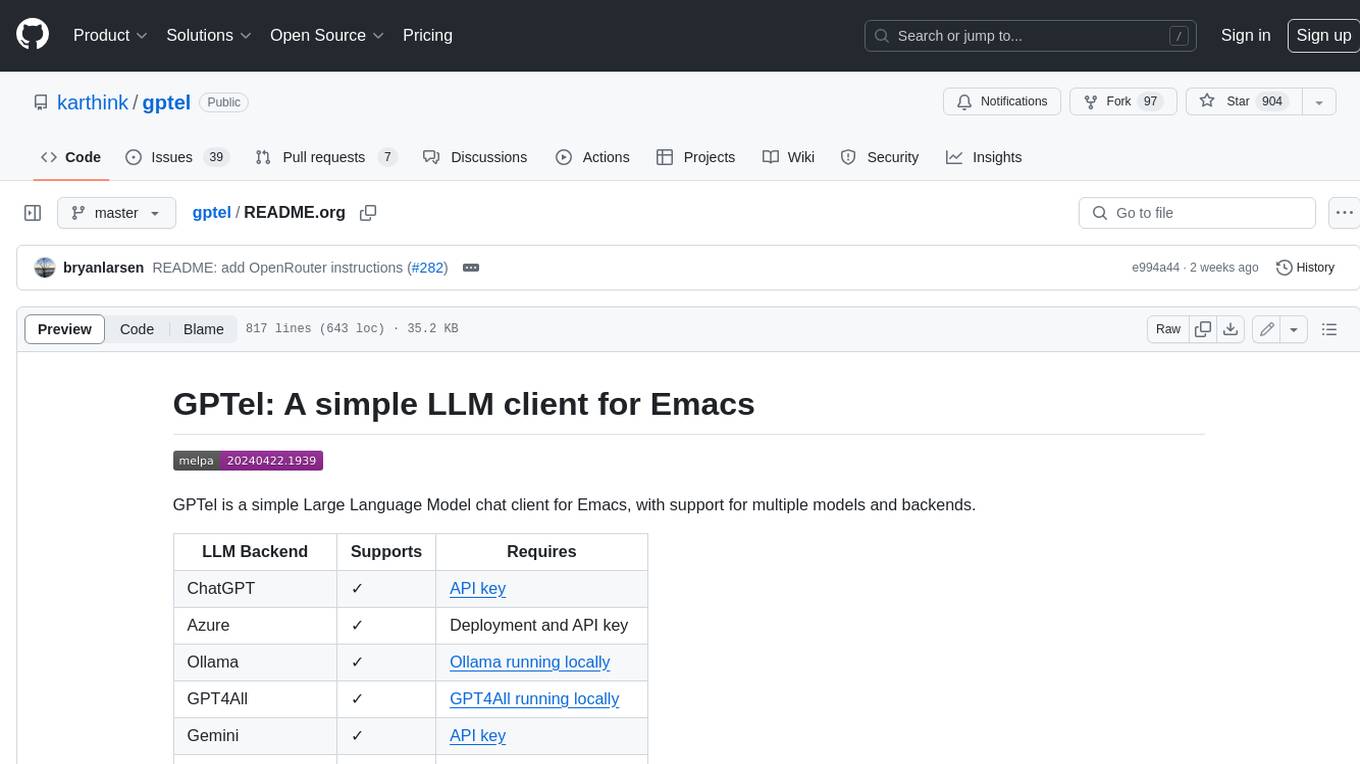
gptel
GPTel is a simple Large Language Model chat client for Emacs, with support for multiple models and backends. It's async and fast, streams responses, and interacts with LLMs from anywhere in Emacs. LLM responses are in Markdown or Org markup. Supports conversations and multiple independent sessions. Chats can be saved as regular Markdown/Org/Text files and resumed later. You can go back and edit your previous prompts or LLM responses when continuing a conversation. These will be fed back to the model. Don't like gptel's workflow? Use it to create your own for any supported model/backend with a simple API.

gpt-subtrans
GPT-Subtrans is an open-source subtitle translator that utilizes large language models (LLMs) as translation services. It supports translation between any language pairs that the language model supports. Note that GPT-Subtrans requires an active internet connection, as subtitles are sent to the provider's servers for translation, and their privacy policy applies.
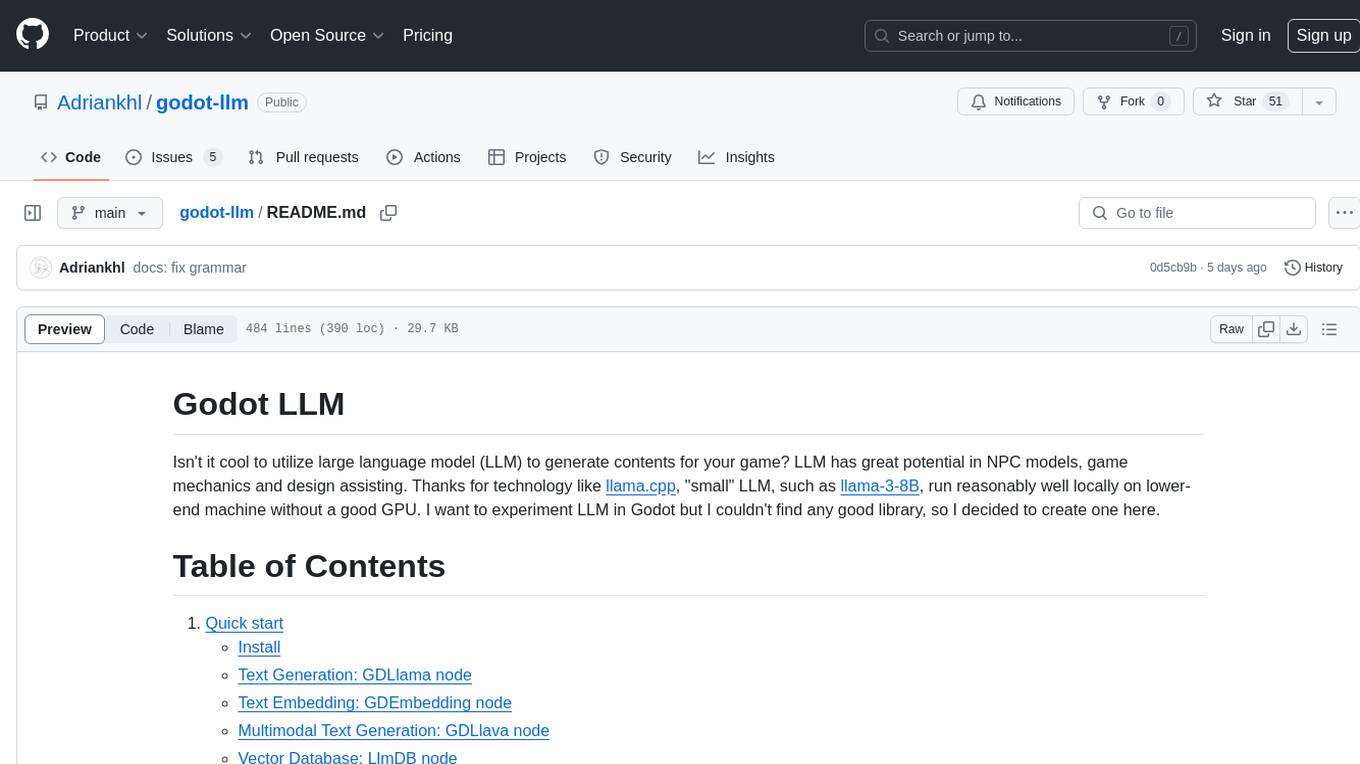
godot-llm
Godot LLM is a plugin that enables the utilization of large language models (LLM) for generating content in games. It provides functionality for text generation, text embedding, multimodal text generation, and vector database management within the Godot game engine. The plugin supports features like Retrieval Augmented Generation (RAG) and integrates llama.cpp-based functionalities for text generation, embedding, and multimodal capabilities. It offers support for various platforms and allows users to experiment with LLM models in their game development projects.
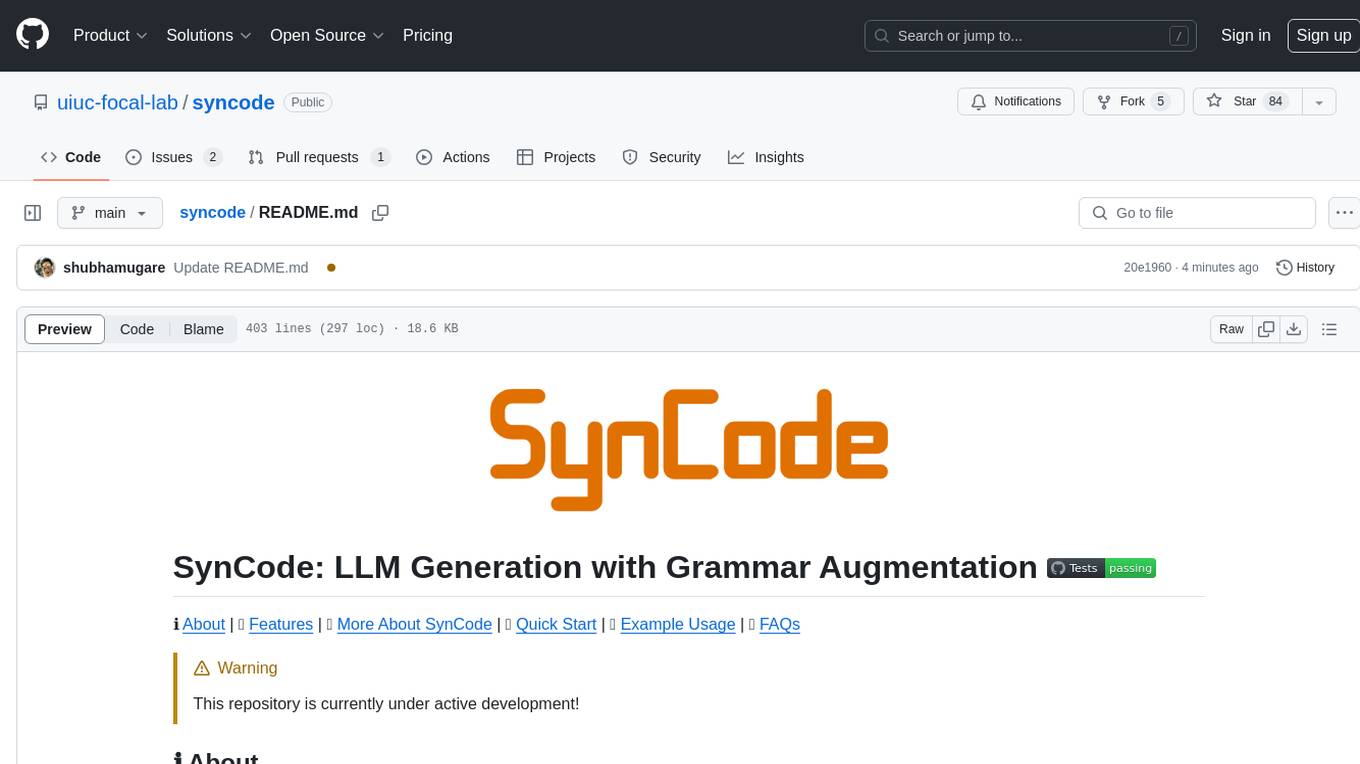
syncode
SynCode is a novel framework for the grammar-guided generation of Large Language Models (LLMs) that ensures syntactically valid output with respect to defined Context-Free Grammar (CFG) rules. It supports general-purpose programming languages like Python, Go, SQL, JSON, and more, allowing users to define custom grammars using EBNF syntax. The tool compares favorably to other constrained decoders and offers features like fast grammar-guided generation, compatibility with HuggingFace Language Models, and the ability to work with various decoding strategies.
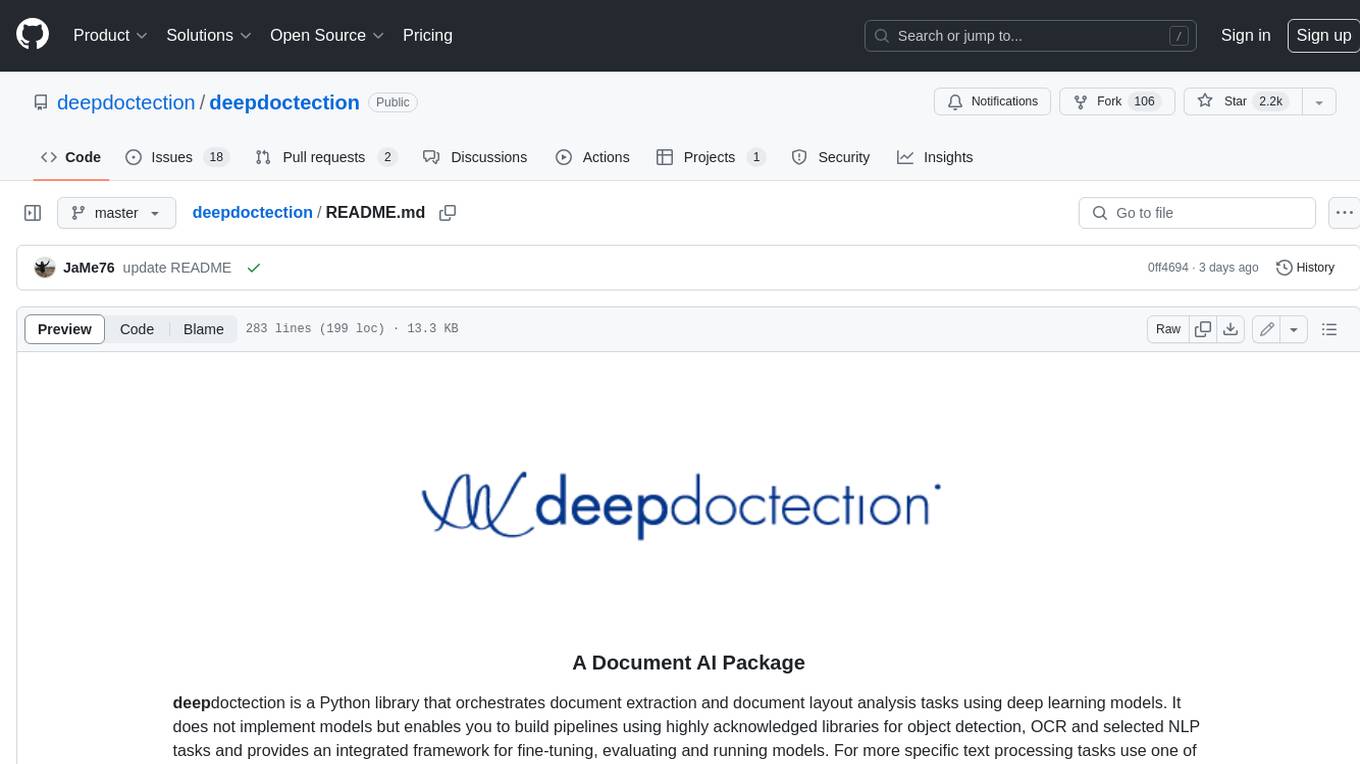
deepdoctection
**deep** doctection is a Python library that orchestrates document extraction and document layout analysis tasks using deep learning models. It does not implement models but enables you to build pipelines using highly acknowledged libraries for object detection, OCR and selected NLP tasks and provides an integrated framework for fine-tuning, evaluating and running models. For more specific text processing tasks use one of the many other great NLP libraries. **deep** doctection focuses on applications and is made for those who want to solve real world problems related to document extraction from PDFs or scans in various image formats. **deep** doctection provides model wrappers of supported libraries for various tasks to be integrated into pipelines. Its core function does not depend on any specific deep learning library. Selected models for the following tasks are currently supported: * Document layout analysis including table recognition in Tensorflow with **Tensorpack**, or PyTorch with **Detectron2**, * OCR with support of **Tesseract**, **DocTr** (Tensorflow and PyTorch implementations available) and a wrapper to an API for a commercial solution, * Text mining for native PDFs with **pdfplumber**, * Language detection with **fastText**, * Deskewing and rotating images with **jdeskew**. * Document and token classification with all LayoutLM models provided by the **Transformer library**. (Yes, you can use any LayoutLM-model with any of the provided OCR-or pdfplumber tools straight away!). * Table detection and table structure recognition with **table-transformer**. * There is a small dataset for token classification available and a lot of new tutorials to show, how to train and evaluate this dataset using LayoutLMv1, LayoutLMv2, LayoutXLM and LayoutLMv3. * Comprehensive configuration of **analyzer** like choosing different models, output parsing, OCR selection. Check this notebook or the docs for more infos. * Document layout analysis and table recognition now runs with **Torchscript** (CPU) as well and **Detectron2** is not required anymore for basic inference. * [**new**] More angle predictors for determining the rotation of a document based on **Tesseract** and **DocTr** (not contained in the built-in Analyzer). * [**new**] Token classification with **LiLT** via **transformers**. We have added a model wrapper for token classification with LiLT and added a some LiLT models to the model catalog that seem to look promising, especially if you want to train a model on non-english data. The training script for LayoutLM can be used for LiLT as well and we will be providing a notebook on how to train a model on a custom dataset soon. **deep** doctection provides on top of that methods for pre-processing inputs to models like cropping or resizing and to post-process results, like validating duplicate outputs, relating words to detected layout segments or ordering words into contiguous text. You will get an output in JSON format that you can customize even further by yourself. Have a look at the **introduction notebook** in the notebook repo for an easy start. Check the **release notes** for recent updates. **deep** doctection or its support libraries provide pre-trained models that are in most of the cases available at the **Hugging Face Model Hub** or that will be automatically downloaded once requested. For instance, you can find pre-trained object detection models from the Tensorpack or Detectron2 framework for coarse layout analysis, table cell detection and table recognition. Training is a substantial part to get pipelines ready on some specific domain, let it be document layout analysis, document classification or NER. **deep** doctection provides training scripts for models that are based on trainers developed from the library that hosts the model code. Moreover, **deep** doctection hosts code to some well established datasets like **Publaynet** that makes it easy to experiment. It also contains mappings from widely used data formats like COCO and it has a dataset framework (akin to **datasets** so that setting up training on a custom dataset becomes very easy. **This notebook** shows you how to do this. **deep** doctection comes equipped with a framework that allows you to evaluate predictions of a single or multiple models in a pipeline against some ground truth. Check again **here** how it is done. Having set up a pipeline it takes you a few lines of code to instantiate the pipeline and after a for loop all pages will be processed through the pipeline.
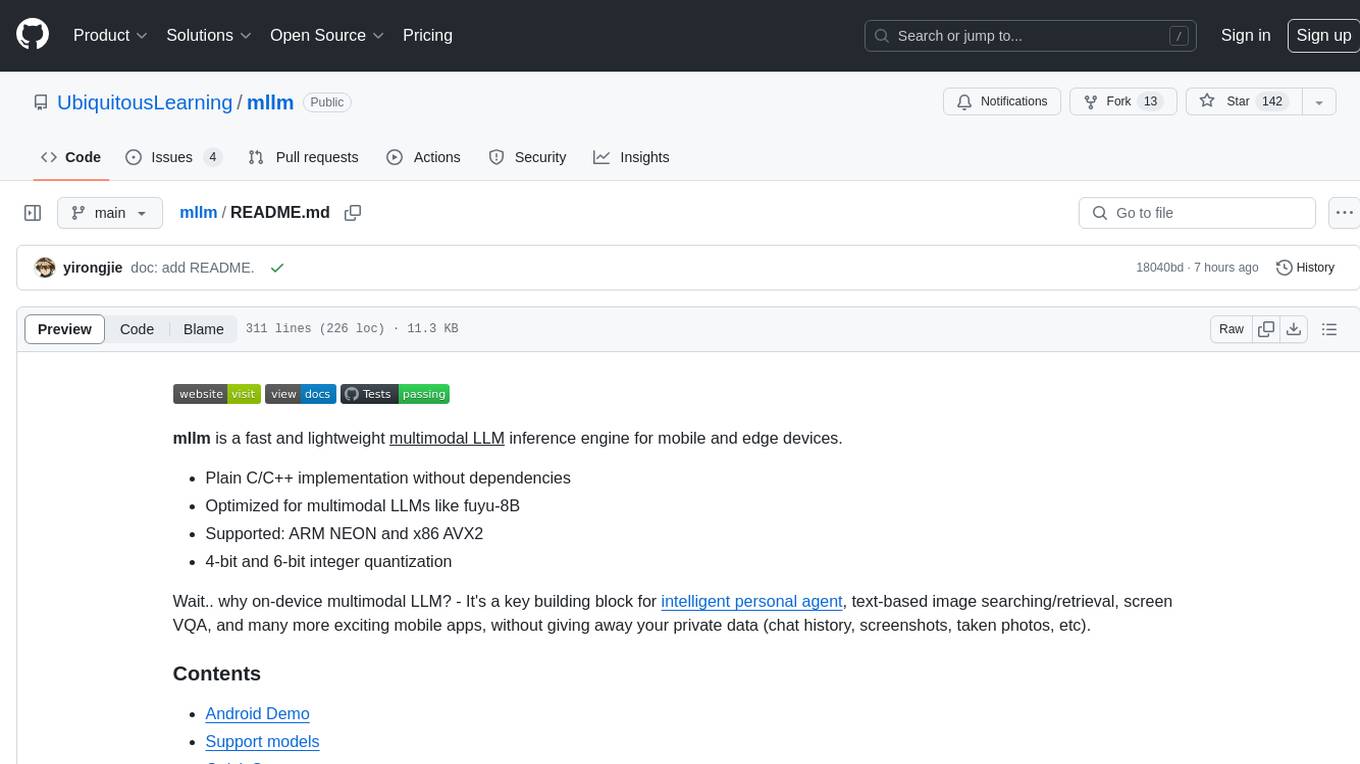
mllm
mllm is a fast and lightweight multimodal LLM inference engine for mobile and edge devices. It is a Plain C/C++ implementation without dependencies, optimized for multimodal LLMs like fuyu-8B, and supports ARM NEON and x86 AVX2. The engine offers 4-bit and 6-bit integer quantization, making it suitable for intelligent personal agents, text-based image searching/retrieval, screen VQA, and various mobile applications without compromising user privacy.
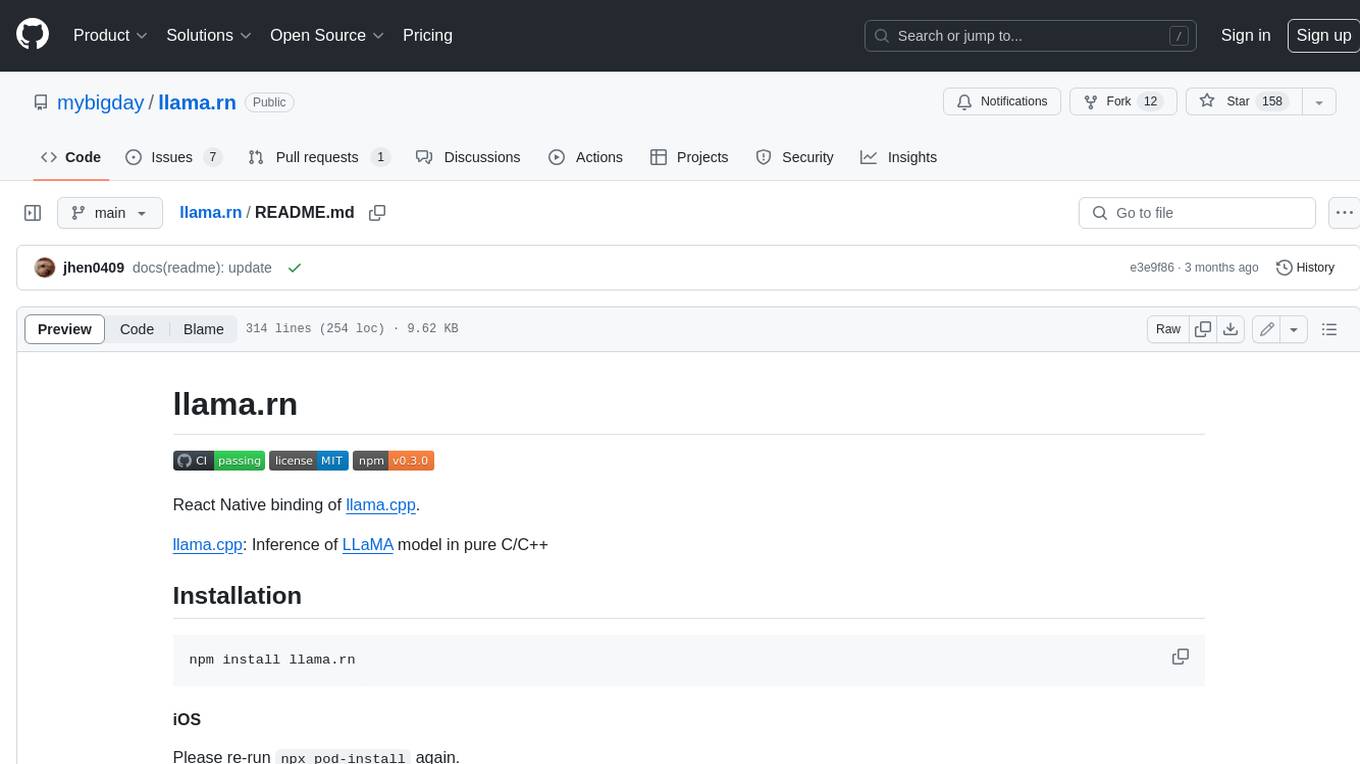
llama.rn
React Native binding of llama.cpp, which is an inference of LLaMA model in pure C/C++. This tool allows you to use the LLaMA model in your React Native applications for various tasks such as text completion, tokenization, detokenization, and embedding. It provides a convenient interface to interact with the LLaMA model and supports features like grammar sampling and mocking for testing purposes.
20 - OpenAI Gpts
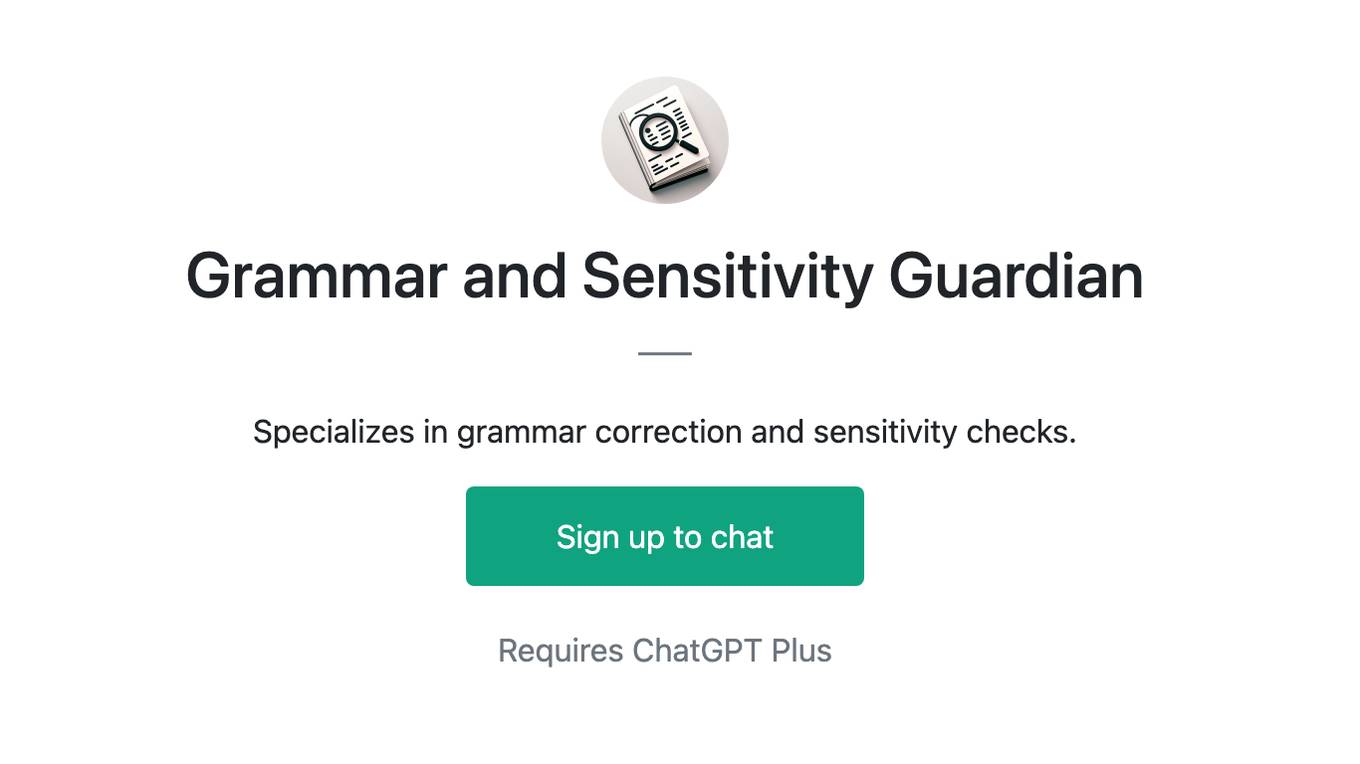
Grammar and Sensitivity Guardian
Specializes in grammar correction and sensitivity checks.
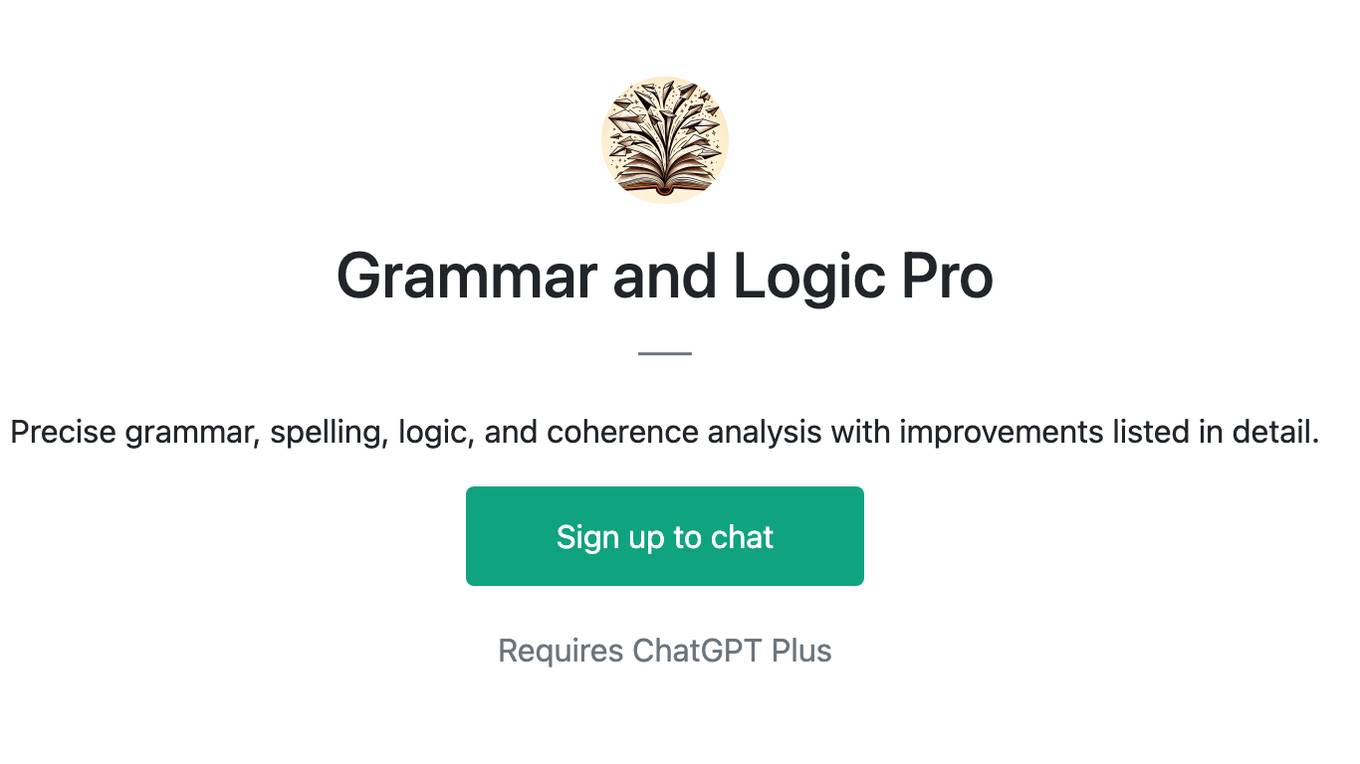
Grammar and Logic Pro
Precise grammar, spelling, logic, and coherence analysis with improvements listed in detail.
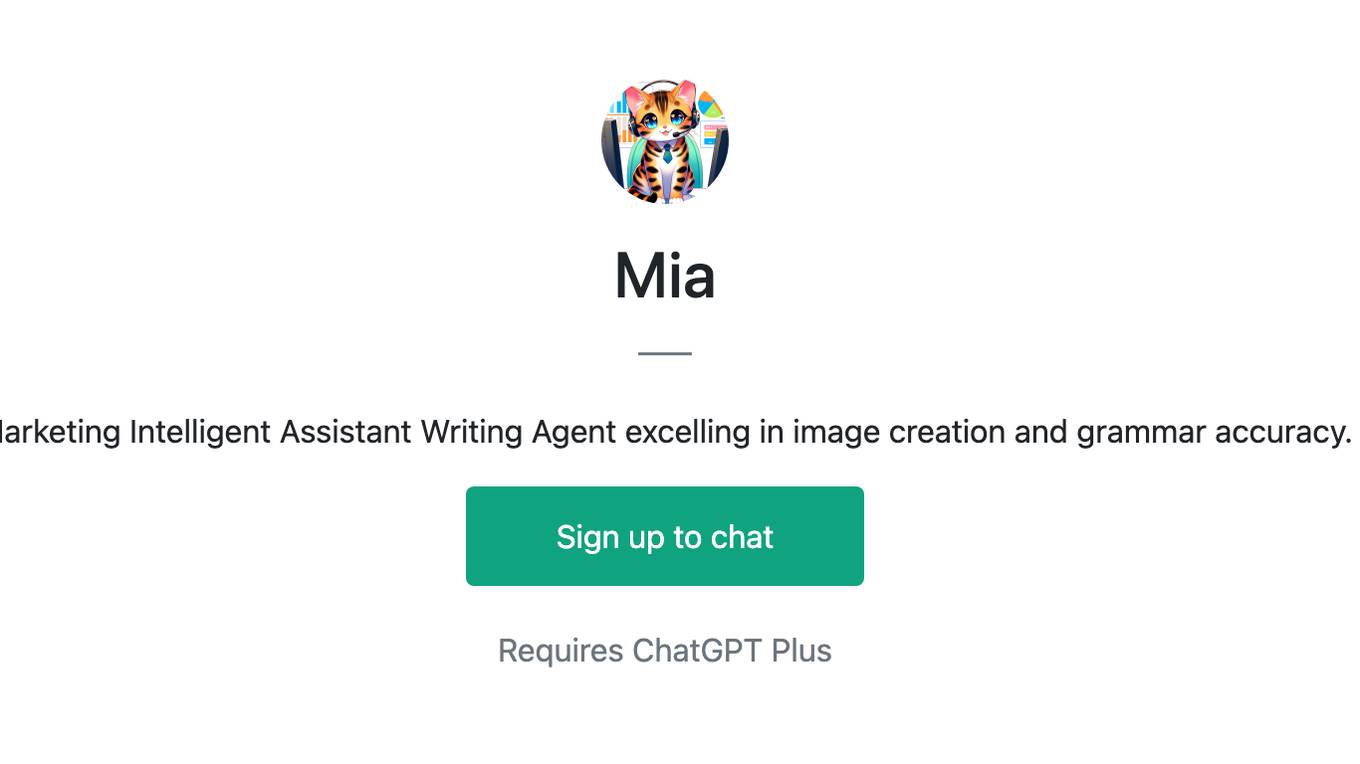
Mia
Marketing Intelligent Assistant Writing Agent excelling in image creation and grammar accuracy.
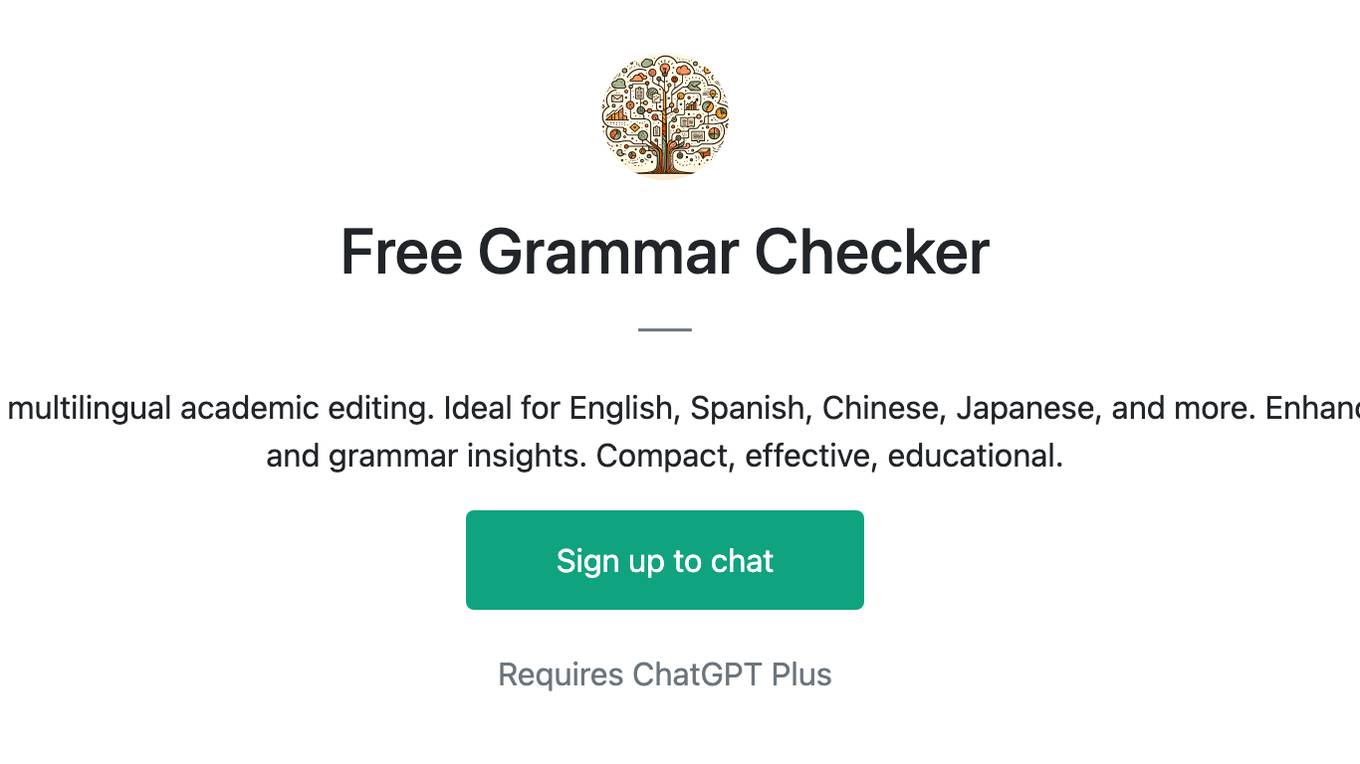
Free Grammar Checker
Free Grammar Checker: Your tool for precise, multilingual academic editing. Ideal for English, Spanish, Chinese, Japanese, and more. Enhance essays and theses with clear corrections and grammar insights. Compact, effective, educational.
